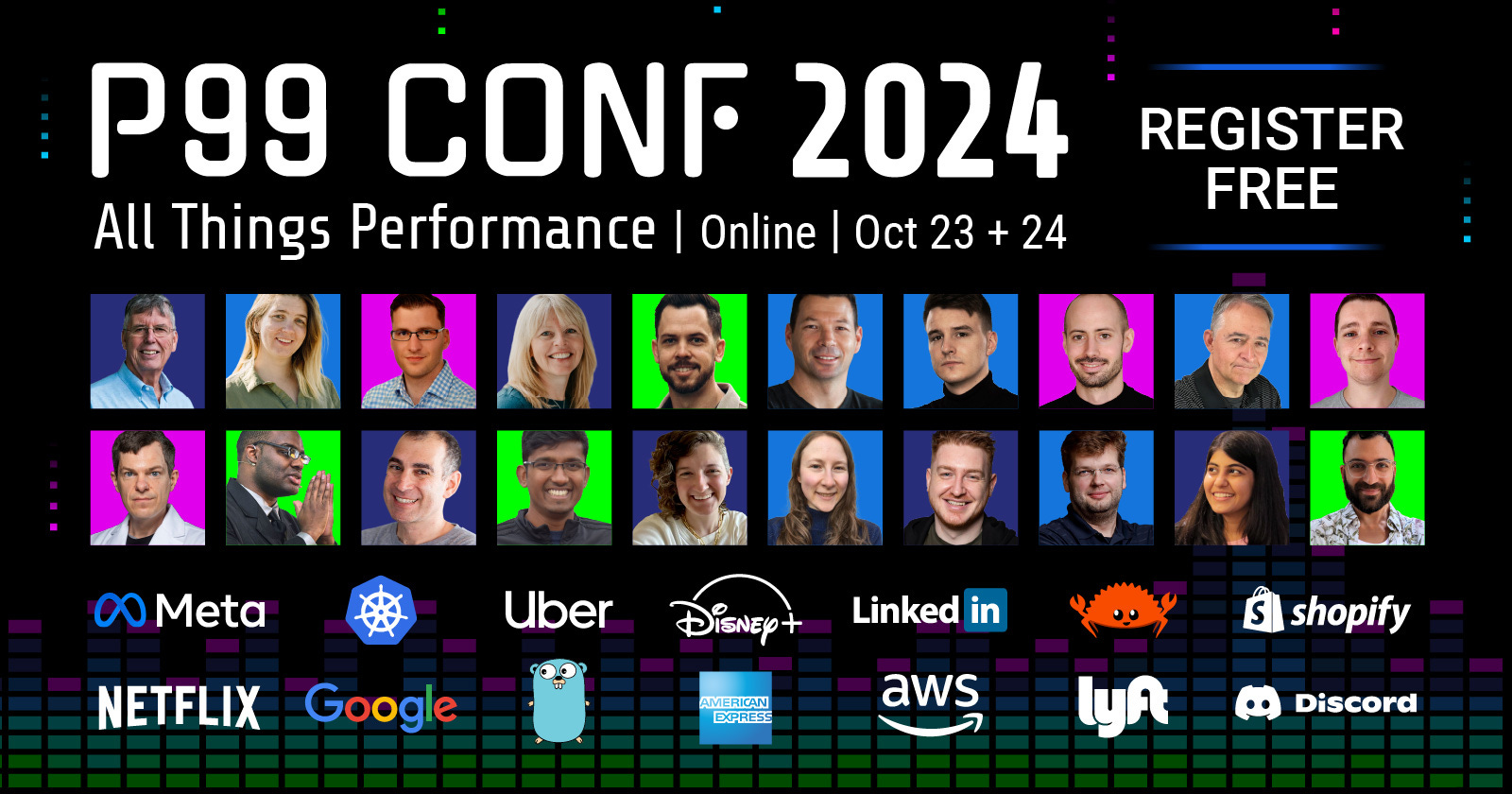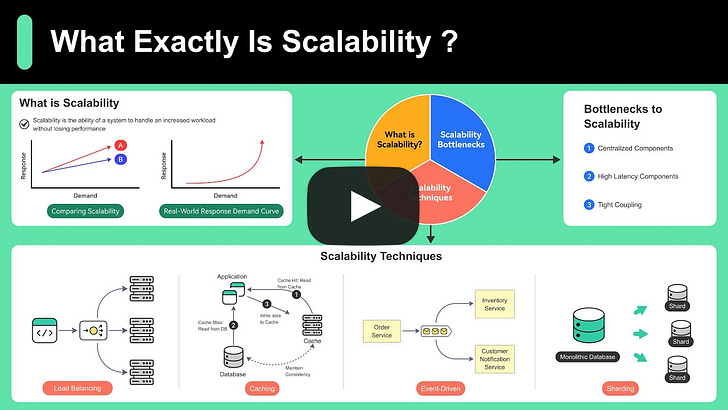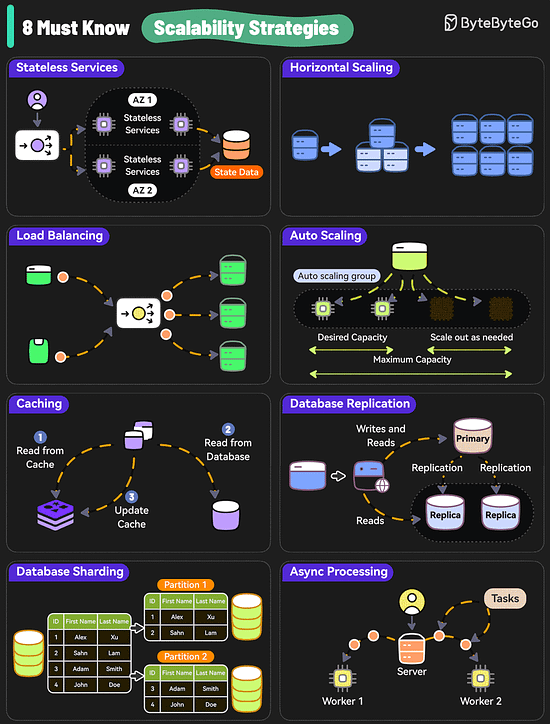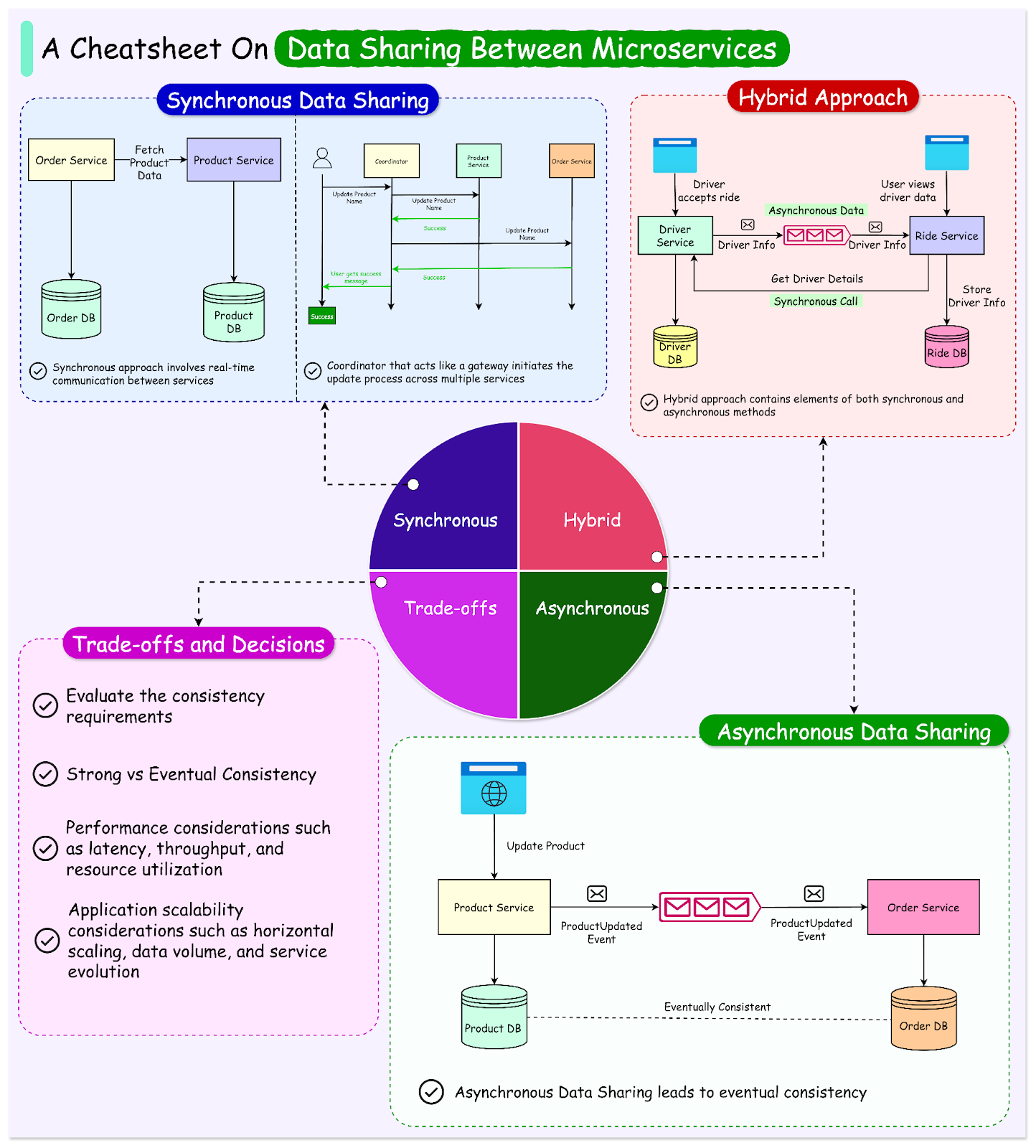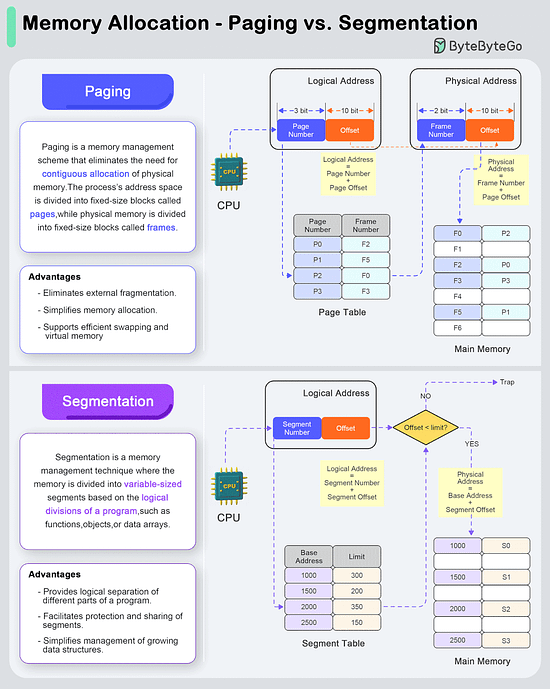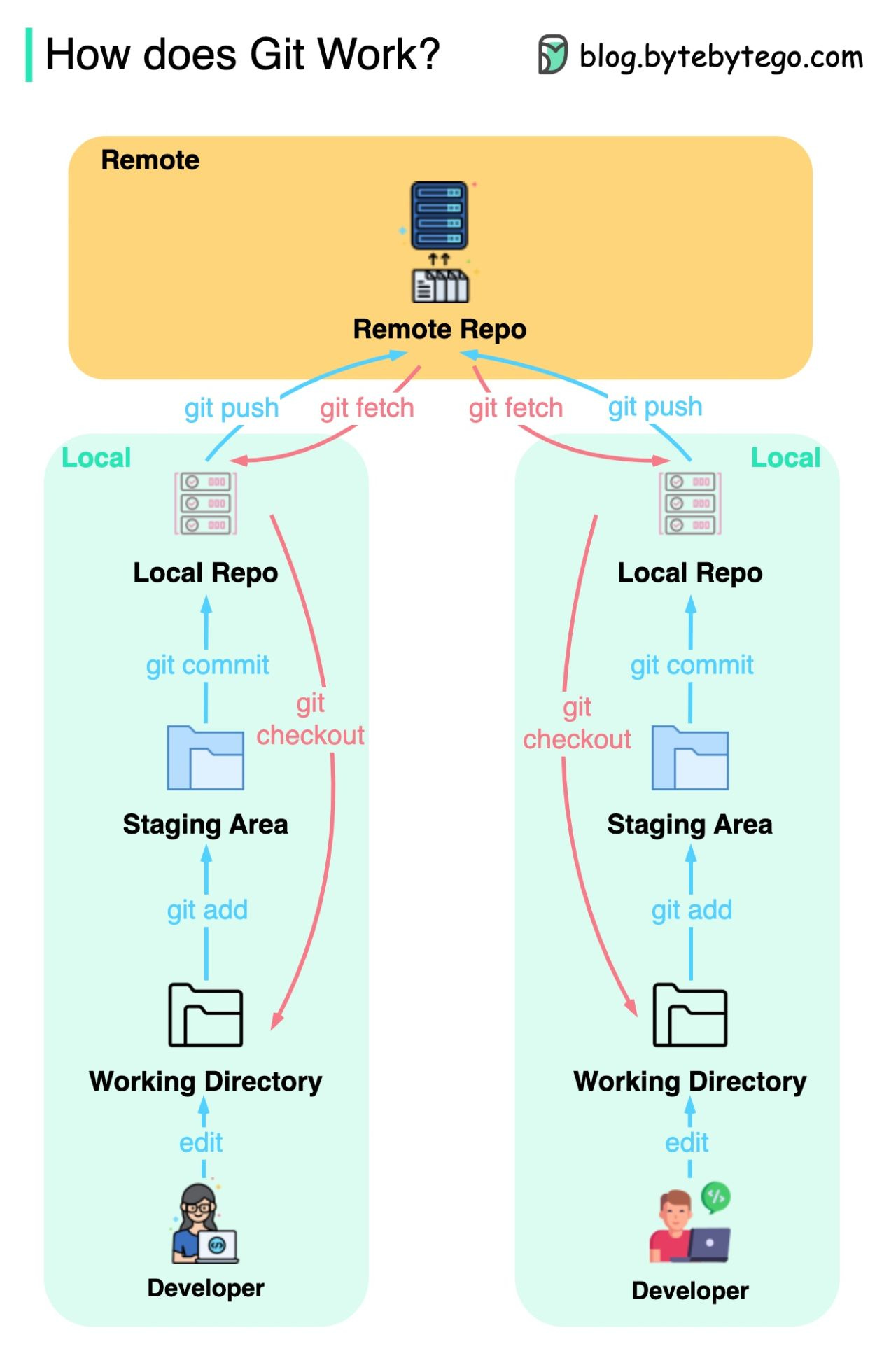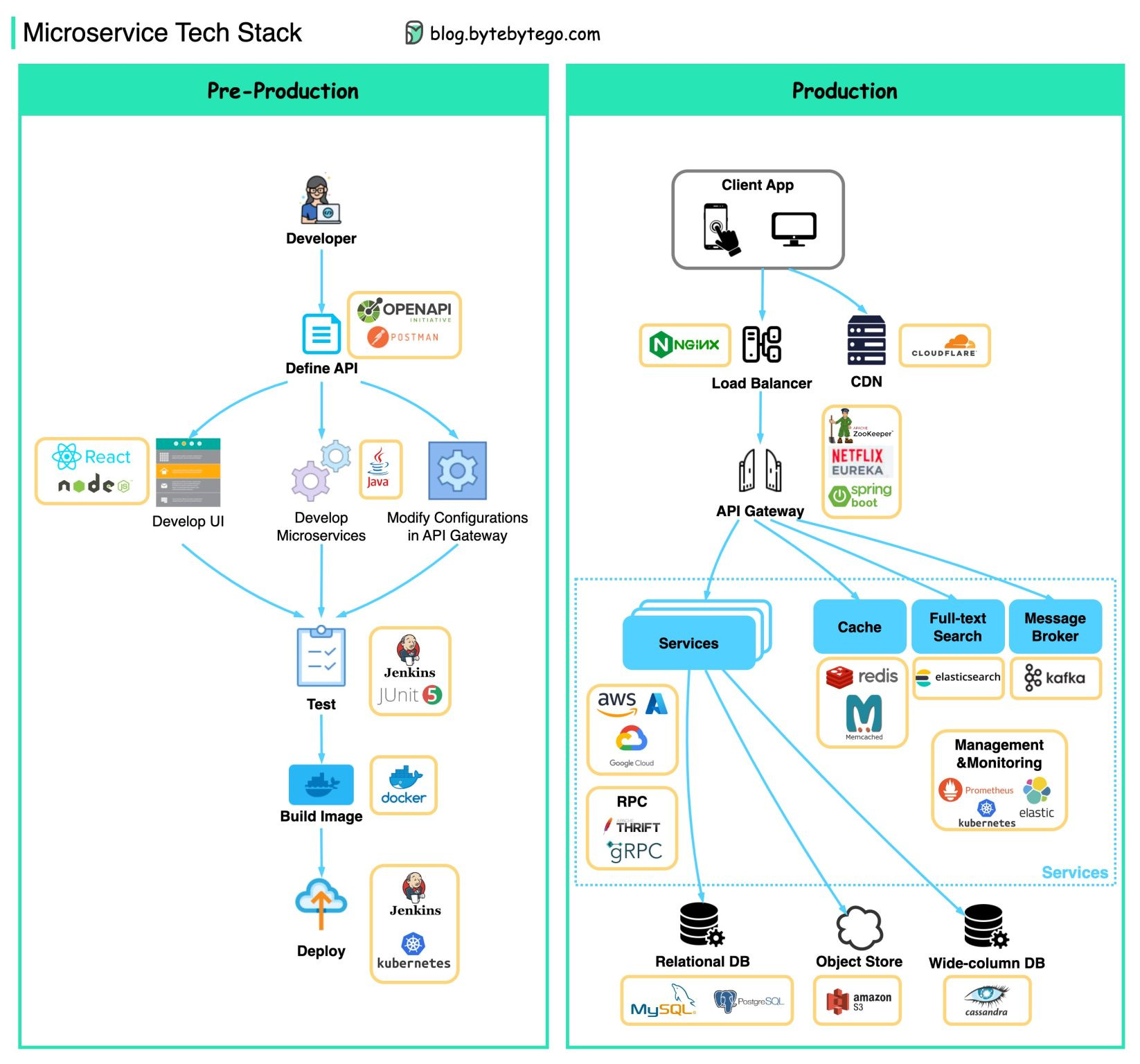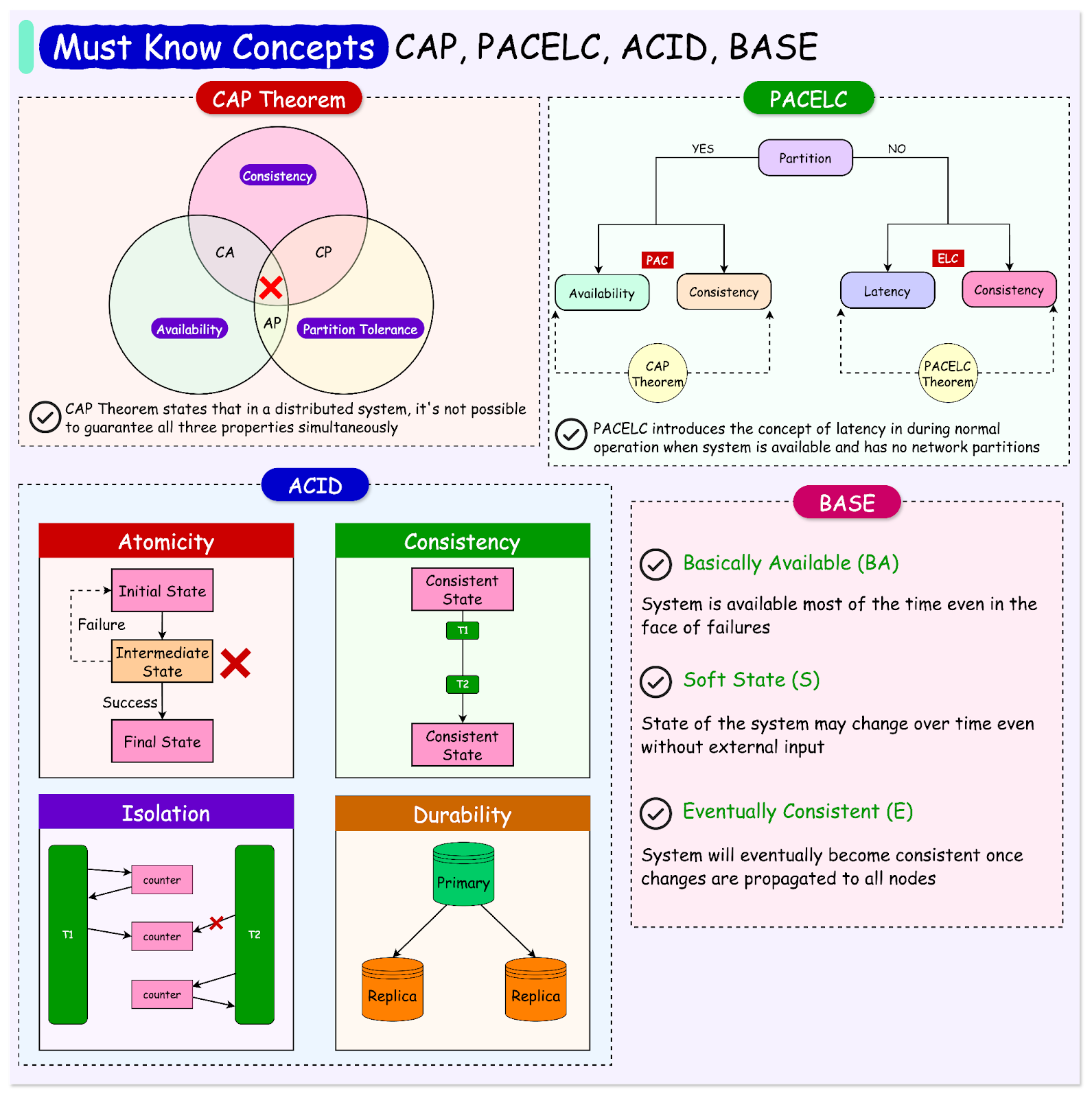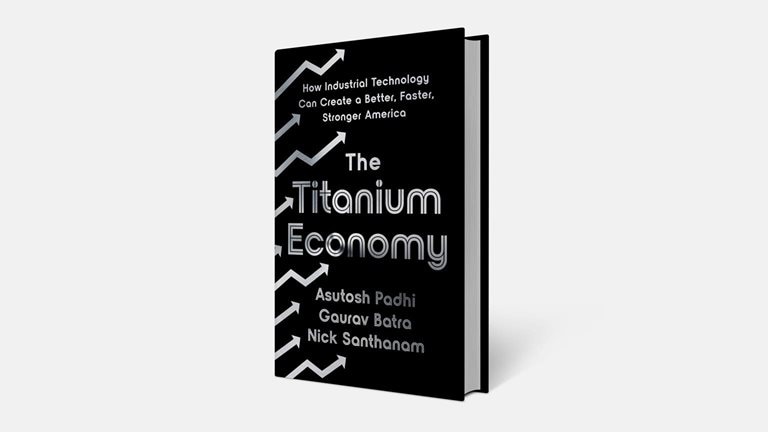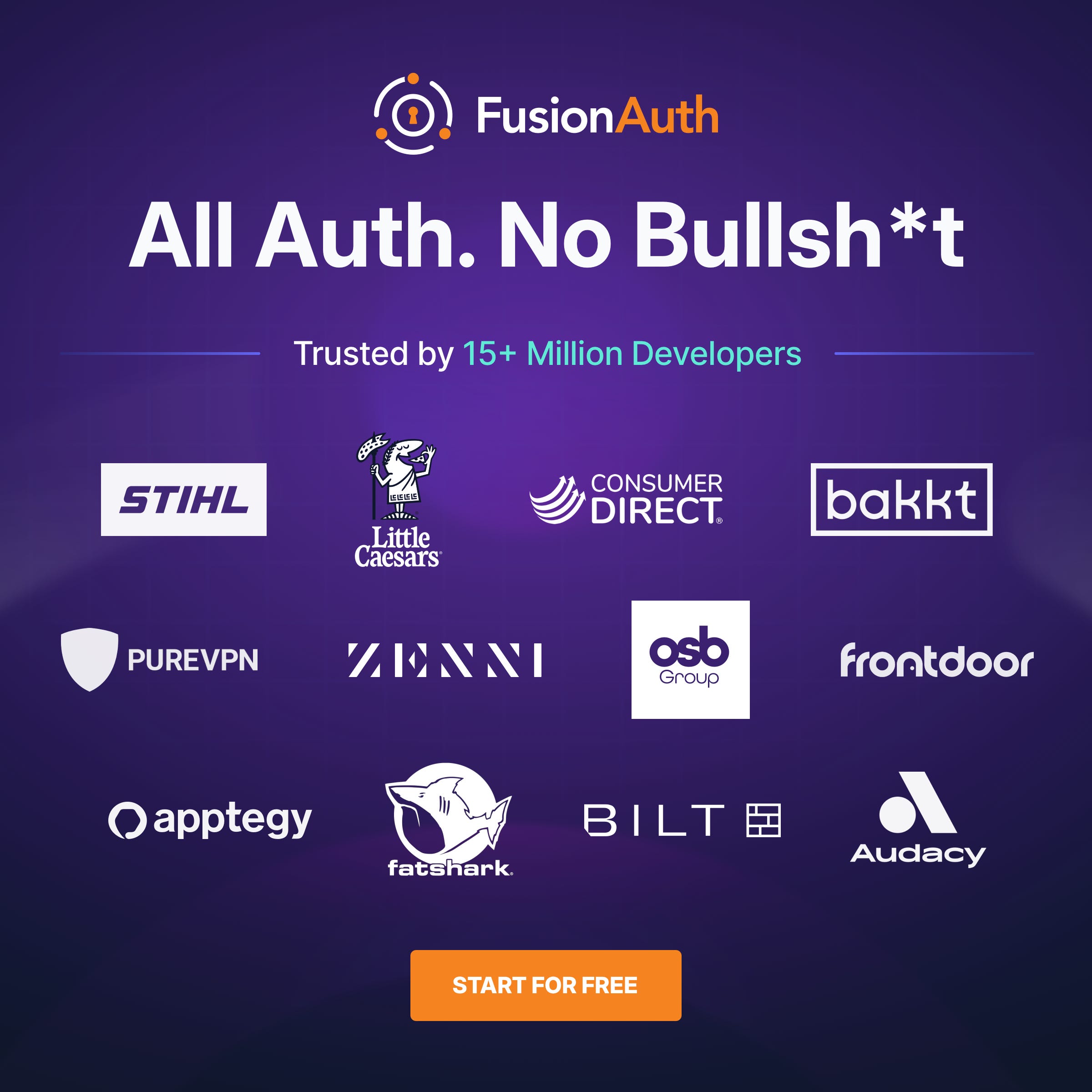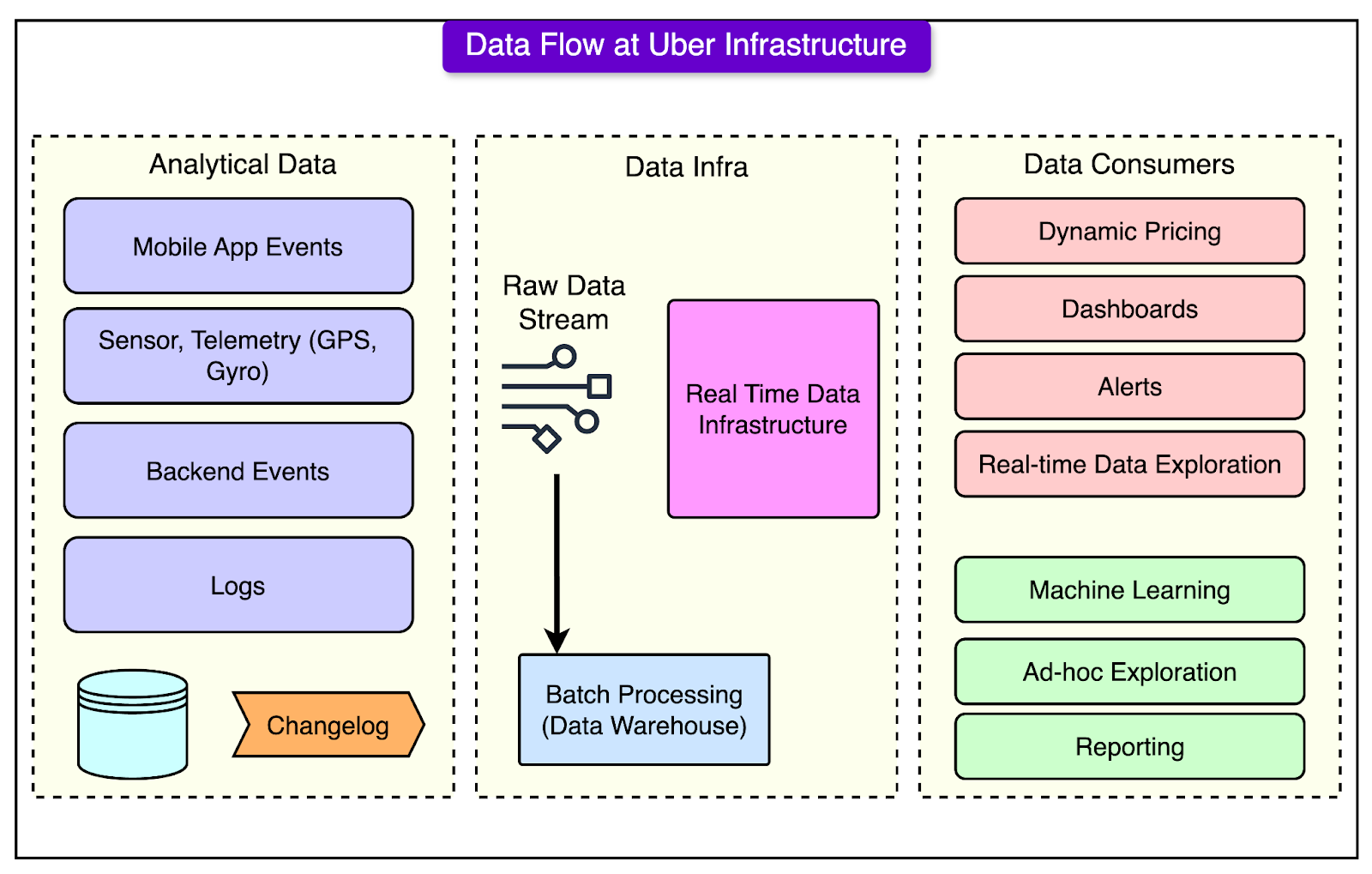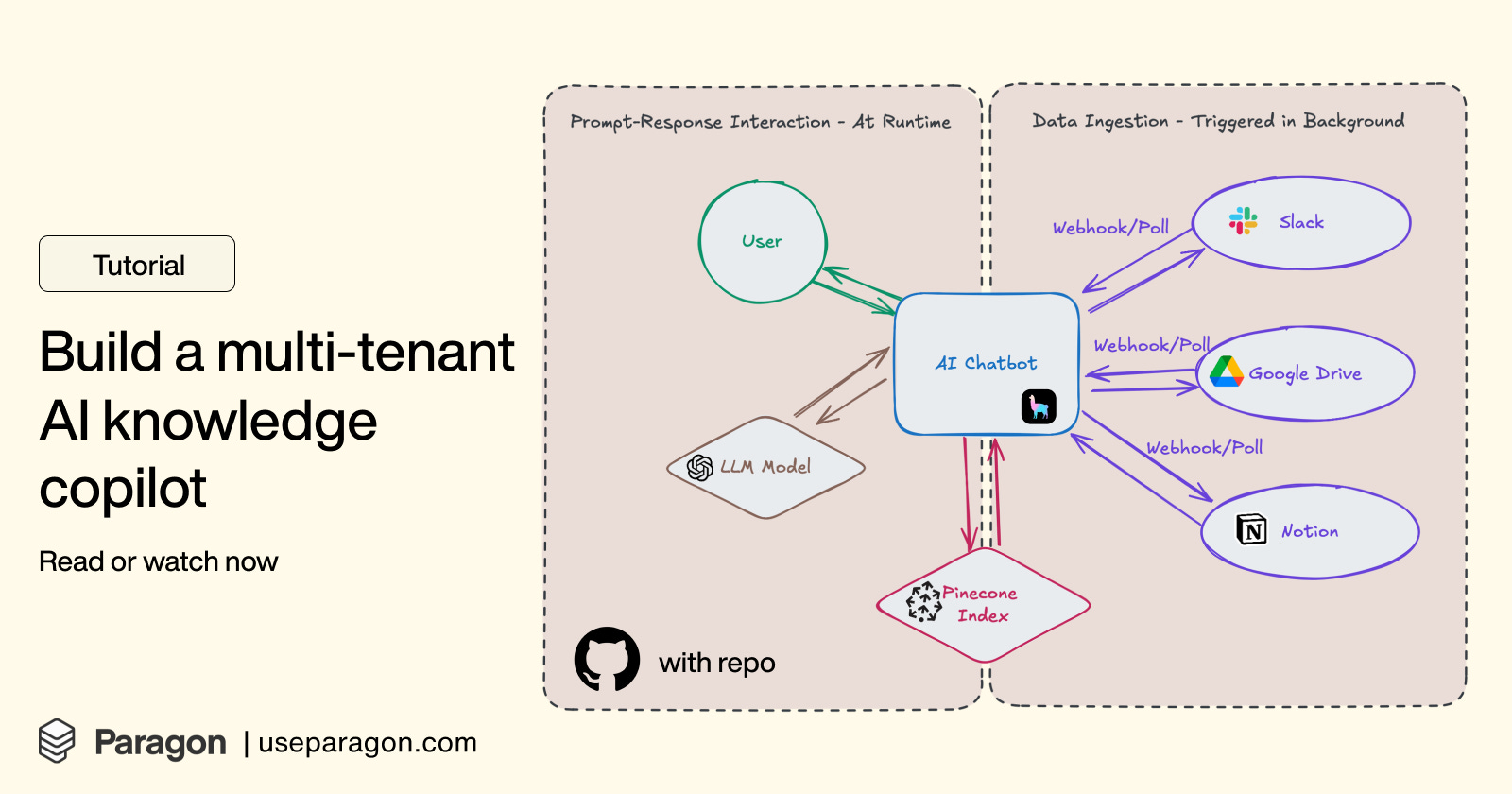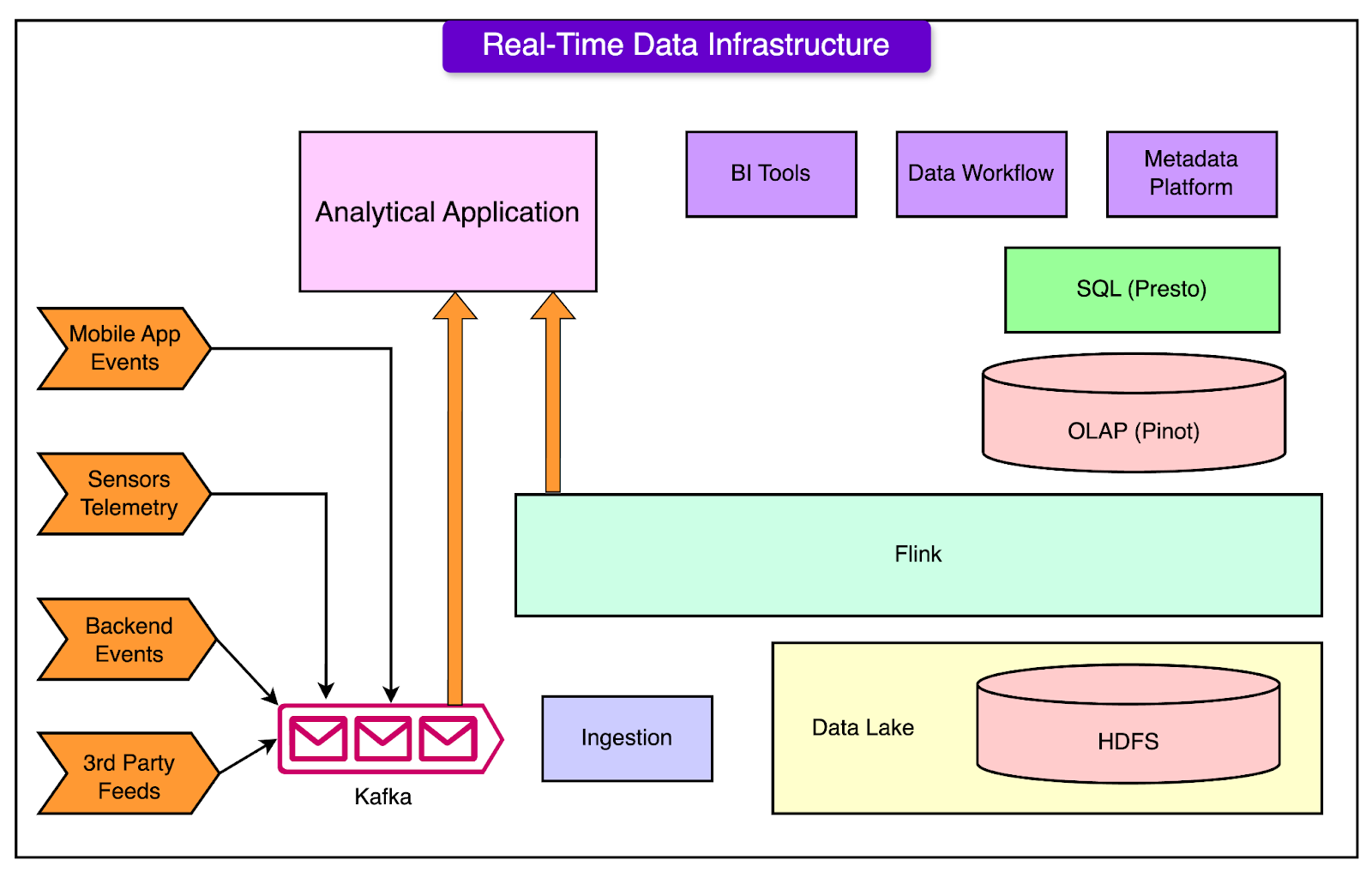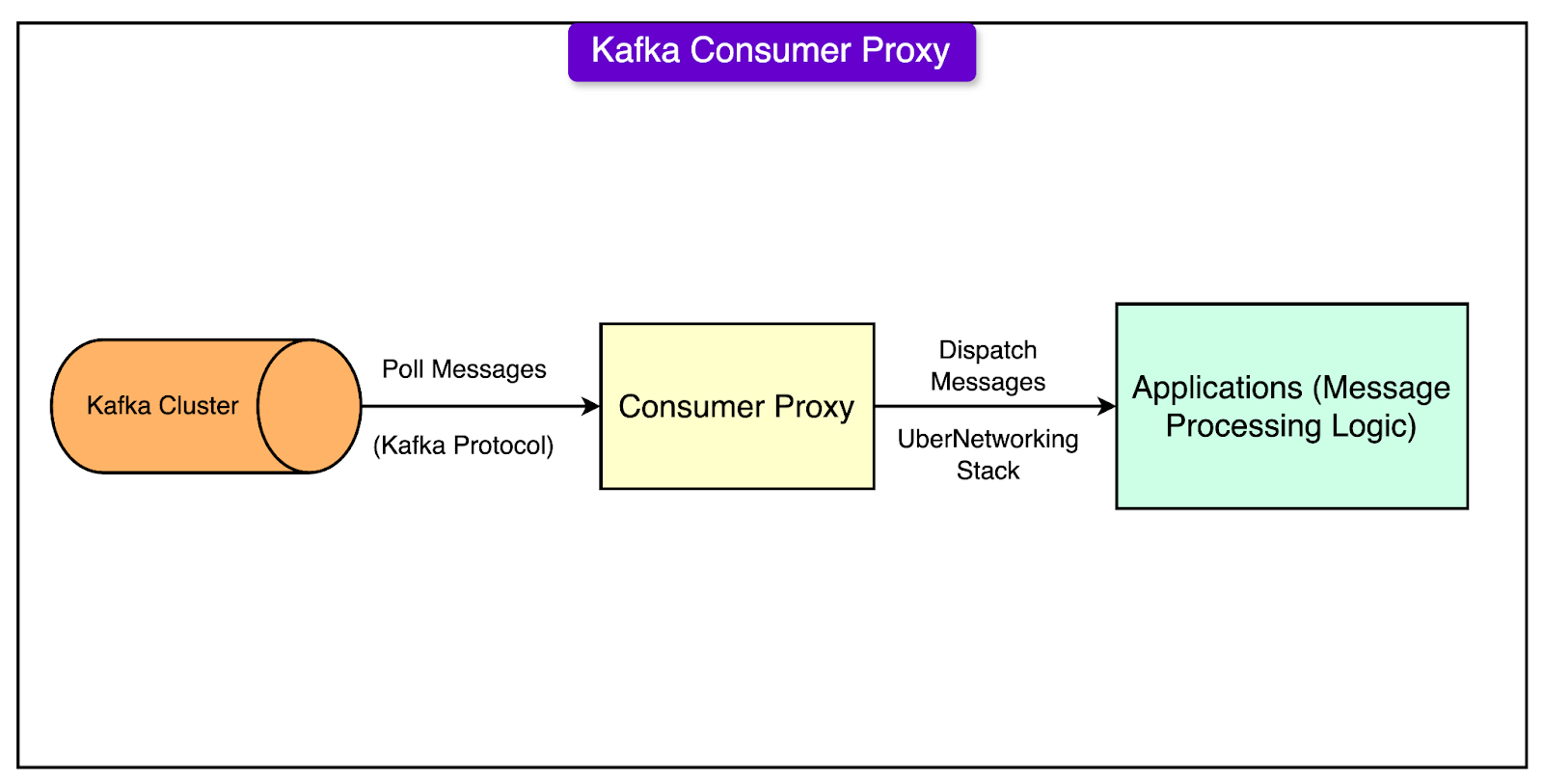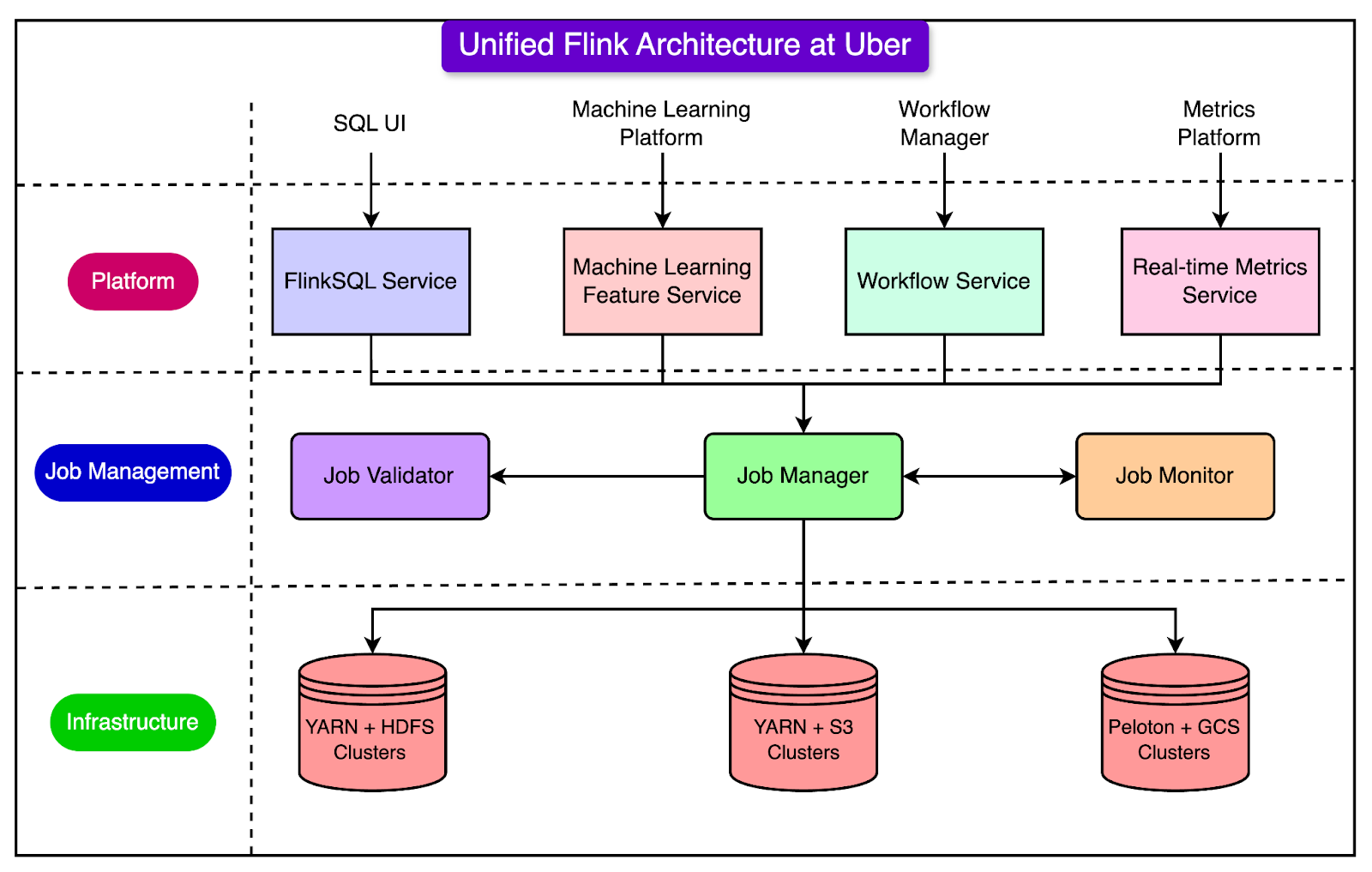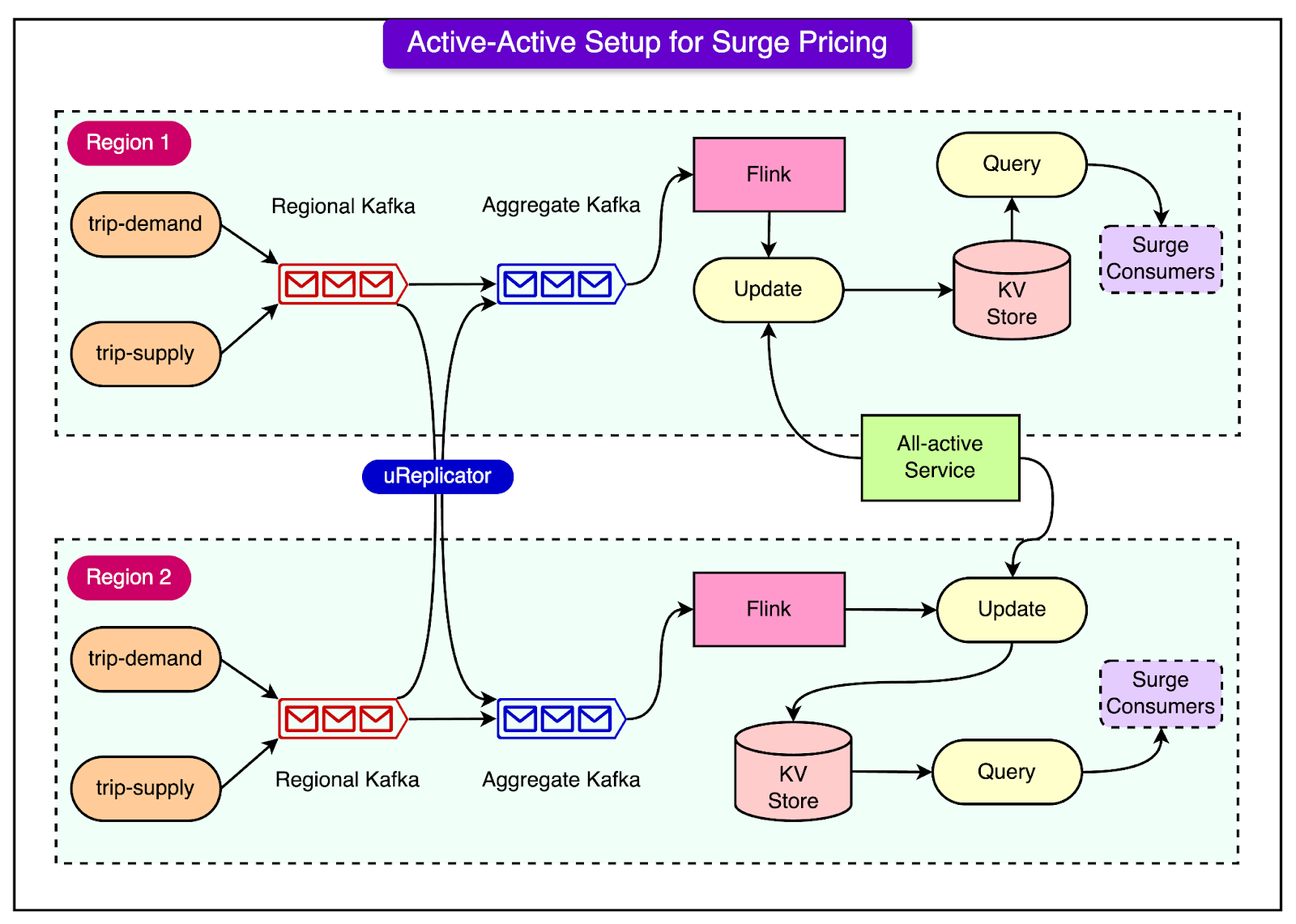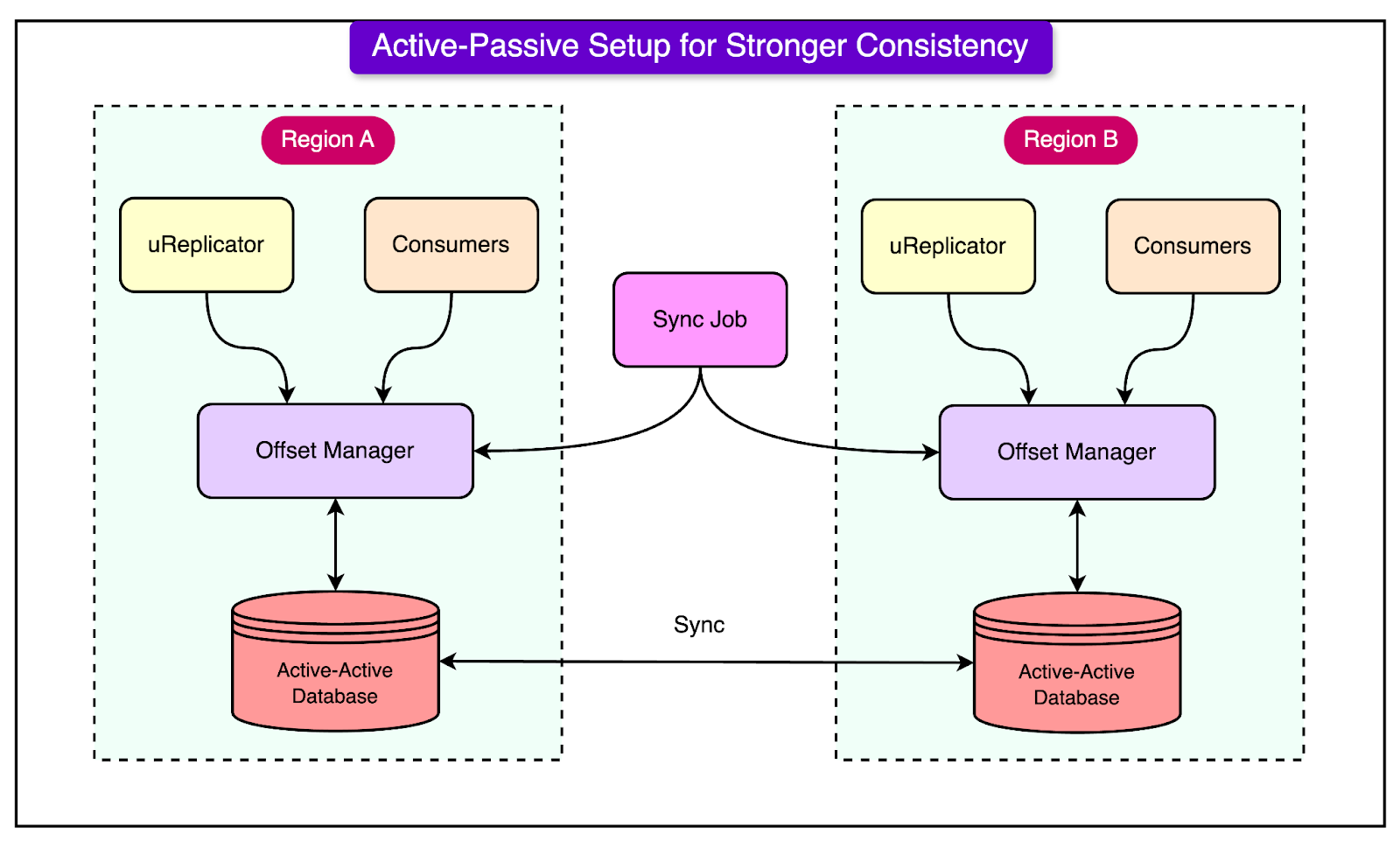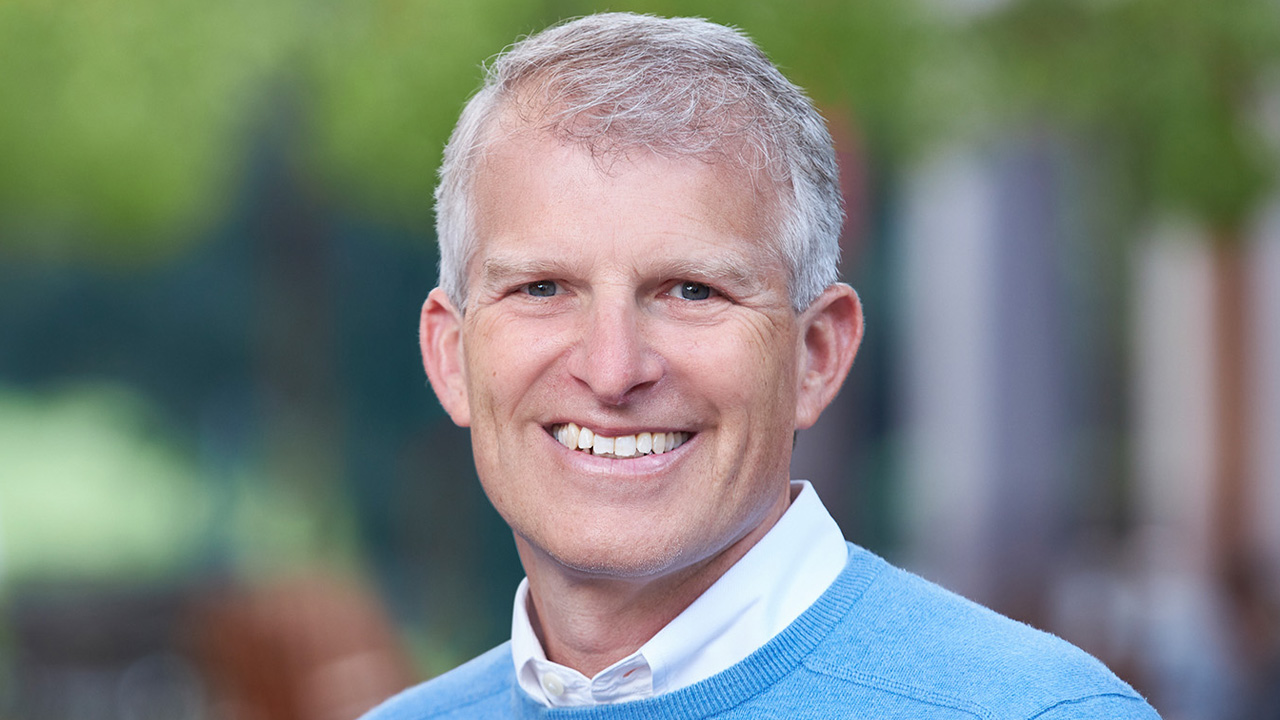Archives
- By thread 5364
-
By date
- June 2021 10
- July 2021 6
- August 2021 20
- September 2021 21
- October 2021 48
- November 2021 40
- December 2021 23
- January 2022 46
- February 2022 80
- March 2022 109
- April 2022 100
- May 2022 97
- June 2022 105
- July 2022 82
- August 2022 95
- September 2022 103
- October 2022 117
- November 2022 115
- December 2022 102
- January 2023 88
- February 2023 90
- March 2023 116
- April 2023 97
- May 2023 159
- June 2023 145
- July 2023 120
- August 2023 90
- September 2023 102
- October 2023 106
- November 2023 100
- December 2023 74
- January 2024 75
- February 2024 75
- March 2024 78
- April 2024 74
- May 2024 108
- June 2024 98
- July 2024 116
- August 2024 134
- September 2024 130
- October 2024 141
- November 2024 171
- December 2024 115
- January 2025 216
- February 2025 140
- March 2025 220
- April 2025 233
- May 2025 239
- June 2025 303
- July 2025 177
-
Is your company prepared for risk resilience?
What’s your risk appetite? Brought to you by Alex Panas, global leader of industries, & Axel Karlsson, global leader of functional practices and growth platforms
Welcome to the latest edition of McKinsey Classics. We hope you find our perspectives useful. Let us know what you think at Alex_Panas@McKinsey.com and Axel_Karlsson@McKinsey.com.
—Alex and Axel
A board’s guide to better risk management
In 2017, McKinsey surveyed more than a thousand board directors to gauge how their boards were prioritizing risk management. The results? Most of them weren’t. In the seven years since then, the global risk landscape has become only more complex and volatile, from economic disruptions to geopolitical uncertainty to the rapid proliferation of AI and generative AI. If your board isn’t prioritizing a holistic, organization-wide approach to risk management, it should be.
To get serious about proactive risk management, boards can focus on three crucial actions. First, develop an effective risk operating model to identify potential risks and establish a baseline risk appetite. Second, manage that model through an effective governance structure that fosters a shared risk culture, with leaders acting as role models. Finally, make sure the board has a detailed, best-in-class response plan for corporate crises at the ready. Following a few fundamental principles can prepare boards, and the organizations that they serve, to manage a wide range of threats.
Business models today are constantly evolving in the face of rapid, volatile change, and risk functions need to evolve as well. To help make sure your company is prepared on its path to risk resilience, read Thomas Poppensieker and coauthors’ 2018 classic “Value and resilience through better risk management.”Take a proactive approach to risk management 


Share these insights
Did you enjoy this newsletter? Forward it to colleagues and friends so they can subscribe too. Was this issue forwarded to you? Sign up for it and sample our 40+ other free email subscriptions here.
This email contains information about McKinsey's research, insights, services, or events. By opening our emails or clicking on links, you agree to our use of cookies and web tracking technology. For more information on how we use and protect your information, please review our privacy policy.
You received this email because you subscribed to our McKinsey Classics newsletter.
Copyright © 2024 | McKinsey & Company, 3 World Trade Center, 175 Greenwich Street, New York, NY 10007
by "McKinsey Classics" <publishing@email.mckinsey.com> - 12:23 - 19 Oct 2024 -
EP134: What do Amazon, Netflix, and Uber have in common?
EP134: What do Amazon, Netflix, and Uber have in common?
This week’s system design refresher:͏ ͏ ͏ ͏ ͏ ͏ ͏ ͏ ͏ ͏ ͏ ͏ ͏ ͏ ͏ ͏ ͏ ͏ ͏ ͏ ͏ ͏ ͏ ͏ ͏ ͏ ͏ ͏ ͏ ͏ ͏ ͏ ͏ ͏ ͏ ͏ ͏ ͏ ͏ ͏ ͏ ͏ ͏ ͏ ͏ ͏ ͏ ͏ ͏ ͏ ͏ ͏ ͏ ͏ ͏ ͏ ͏ ͏ ͏ ͏ ͏ ͏ ͏ ͏ ͏ ͏ ͏ ͏ ͏ ͏ ͏ ͏ ͏ ͏ ͏ ͏ ͏ ͏ ͏ ͏ ͏ ͏ ͏ ͏ ͏ ͏ ͏ ͏ ͏ ͏ ͏ ͏ ͏ ͏ ͏ ͏ ͏ ͏ ͏ ͏ ͏ ͏ ͏ ͏ ͏ ͏ ͏ ͏ ͏ ͏ ͏ ͏ ͏ ͏ ͏ ͏ ͏ ͏ ͏ ͏ ͏ ͏ ͏ ͏ ͏ ͏ ͏ ͏ ͏ ͏ ͏ ͏ ͏ ͏ ͏ ͏ ͏ ͏ ͏ ͏ ͏ ͏ ͏ ͏ ͏ ͏ ͏ ͏ ͏ ͏ ͏ ͏ ͏ ͏ ͏ ͏ ͏ ͏ ͏ ͏ ͏ ͏ ͏ ͏ ͏ ͏ ͏ ͏ ͏ ͏ ͏ ͏ ͏ ͏ ͏ ͏ ͏ ͏ ͏ ͏ ͏ ͏ ͏ ͏ ͏ ͏ ͏ ͏ ͏ ͏ ͏ ͏ ͏ ͏ ͏ ͏ ͏ ͏ ͏ ͏ Forwarded this email? Subscribe here for moreThis week’s system design refresher:
Scalability Simply Explained in 10 Minutes (Youtube video)
What do Amazon, Netflix, and Uber have in common?
What are the differences between paging and segmentation?
How does Git Work?
What tech stack is commonly used for microservices?
SPONSOR US
Your free ticket to P99 CONF is waiting — 60+ engineering talks on all things performance (Sponsored)
P99 CONF is the technical conference for anyone who obsesses over high-performance, low-latency applications. Engineers from Disney/Hulu, Shopify, LinkedIn, Netflix, Google, Meta, Uber + more will share 60+ talks on topics like Rust, Go, Zig, distributed data systems, Kubernetes, and AI/ML.
Signing up also gets you 30-day access to the complete O’Reilly library, free books, and a chance to win 1 of 300 free swag packs!
Don't miss this chance to join 20K of your peers for an unprecedented opportunity to learn from experts like the creators of Postgres, ScyllaDB, KVM, and the Rust tokio framework – for free, from anywhere.
Oct 23-24 | Online
Scalability Simply Explained in 10 Minutes
What do Amazon, Netflix, and Uber have in common?
They are extremely good at scaling their system whenever needed.
Here are 8 must-know strategies to scale your system.
Stateless Services
Design stateless services because they don’t rely on server-specific data and are easier to scale.Horizontal Scaling
Add more servers so that the workload can be shared.Load Balancing
Use a load balancer to distribute incoming requests evenly across multiple servers.Auto Scaling
Implement auto-scaling policies to adjust resources based on real-time traffic.Caching
Use caching to reduce the load on the database and handle repetitive requests at scale.Database Replication
Replicate data across multiple nodes to scale the read operations while improving redundancy.Database Sharding
Distribute data across multiple instances to scale the writes as well as reads.Async Processing
Move time-consuming and resource-intensive tasks to background workers using async processing to scale out new requests.
Over to you: Which other strategies have you used?
Latest articles
If you’re not a subscriber, here’s what you missed this month.
To receive all the full articles and support ByteByteGo, consider subscribing:
What are the differences between paging and segmentation?
Paging
Paging is a memory management scheme that eliminates the need for contiguous allocation of physical memory. The process's address space is divided into fixed-size blocks called pages, while physical memory is divided into fixed-size blocks called frames.
The address translation process works in 3 steps:Logical Address Space: The logical address (generated by the CPU) is divided into a page number and a page offset.
Page Table Lookup: The page number is used as an index into the page table to find the corresponding frame number.
Physical Address Formation: The frame number is combined with the page offset to form the physical address in memory.
Advantages:Eliminates external fragmentation.
Simplifies memory allocation.
Supports efficient swapping and virtual memory.
Segmentation
Segmentation is a memory management technique where the memory is divided into variable-sized segments based on the logical divisions of a program, such as functions, objects, or data arrays.
The address tranlation process works in 3 steps:Logical Address Space: The logical address consists of a segment number and an offset within that segment.
Segment Table Lookup: The segment number is used as an index into the segment table to find the base address of the segment.
Physical Address Formation: The base address is added to the offset to form the physical address in memory.
Advantages:
Provides logical separation of different parts of a program.
Facilitates protection and sharing of segments.
Simplifies management of growing data structures.
How does Git Work?
The diagram below shows the Git workflow.
Git is a distributed version control system.
Every developer maintains a local copy of the main repository and edits and commits to the local copy.
The commit is very fast because the operation doesn’t interact with the remote repository.
If the remote repository crashes, the files can be recovered from the local repositories.
Over to you: Which Git command do you use to resolve conflicting changes?What tech stack is commonly used for microservices?
Below you will find a diagram showing the microservice tech stack, both for the development phase and for production.
Pre-Production
Define API - This establishes a contract between frontend and backend. We can use Postman or OpenAPI for this.
Development - Node.js or react is popular for frontend development, and java/python/go for backend development. Also, we need to change the configurations in the API gateway according to API definitions.
Continuous Integration - JUnit and Jenkins for automated testing. The code is packaged into a Docker image and deployed as microservices.
Production
NGinx is a common choice for load balancers. Cloudflare provides CDN (Content Delivery Network).
API Gateway - We can use spring boot for the gateway, and use Eureka/Zookeeper for service discovery.
The microservices are deployed on clouds. We have options among AWS, Microsoft Azure, or Google GCP.
Cache and Full-text Search - Redis is a common choice for caching key-value pairs. ElasticSearch is used for full-text search.
Communications - For services to talk to each other, we can use messaging infra Kafka or RPC.
Persistence - We can use MySQL or PostgreSQL for a relational database, and Amazon S3 for object store. We can also use Cassandra for the wide-column store if necessary.
Management & Monitoring - To manage so many microservices, the common Ops tools include Prometheus, Elastic Stack, and Kubernetes.
Over to you: Did I miss anything? Please comment on what you think is necessary to learn microservices.
SPONSOR US
Get your product in front of more than 1,000,000 tech professionals.
Our newsletter puts your products and services directly in front of an audience that matters - hundreds of thousands of engineering leaders and senior engineers - who have influence over significant tech decisions and big purchases.
Space Fills Up Fast - Reserve Today
Ad spots typically sell out about 4 weeks in advance. To ensure your ad reaches this influential audience, reserve your space now by emailing sponsorship@bytebytego.com
Like
Comment
Restack
© 2024 ByteByteGo
548 Market Street PMB 72296, San Francisco, CA 94104
Unsubscribe
by "ByteByteGo" <bytebytego@substack.com> - 11:36 - 19 Oct 2024 -
Welcome to Exam-Labs.com
Exam-Labs - Confirm Your Email Address

Welcome to the Exam-Labs Community!
Your account has been activated. For your convenience, we have included your login information below. If you ever forget or lose your password - please use the Forgot Password page.Login: info@learn.odoo.com Password: dd6d05 You can change your password in your online Member Area. Your next step is to visit https://www.exam-labs.com and Log In!
You need Avanset VCE Exam Simulator to Open the VCE files: https://www.avanset.com/products.html
Thank you for being a member of Exam-Labs! Feel free to contact us with any questions you might have.Sincerely,
Exam-Labs Support Team
support@exam-labs.com
https://www.exam-labs.comNOTICE: You have received this email at info@learn.odoo.com as you are a registered member of Exam-Labs.com. If you wish to discontinue receiving the Exam-Labs.com emails, please UNSUBSCRIBE
by "Exam-Labs.com" <support@exam-labs.com> - 02:58 - 18 Oct 2024 -
["Seeking Construction Estimates"]
 Hello {FirstName|Friend}
Hello {FirstName|Friend}
If you are currently seeking estimates for any upcoming projects.You have any project plans or drawings that require an estimate, I would be happy to provide help.
Please feel free to contact me at your convenience.
Sincerely
by "Sheena Easton" <eastonsheena925@gmail.com> - 02:48 - 18 Oct 2024 -
Closing the Loop
Hi MD Abul,We haven't been able to connect for now, which usually means one of 3 things:1 - The timing may not be right2 - You have another solution for your location data needs.3 - You are secretly a superhero and have been too busy fighting crime to reply ;)If you can take a second to reply with one of those numbers, it would be much appreciated.Regards,Kashif AliBusiness Development+32 25 86 22 31Rue Aux Laines 70, Brussels 1000, BELGIUM
by "Kashif Ali" <kashif.ali@geopostcodes.com> - 07:22 - 18 Oct 2024 -
The Business Show UK 2024
Hi,
Would you be interested in The Business Show UK 2024 Attendees list.
Data fields: Company names, Contact details, email address, number, etc.
Regards,
Gina
Event Attendees Specialist
If you don’t want to receive any more emails from us REPLY “OPT OUT”
by "Gina Bernard" <gina.bernard@serveitoutreach.shop> - 05:55 - 18 Oct 2024-
RE: The Business Show UK 2024
Good day,
I hope you received my previous email? Any thoughts from you will be greatly appreciated.
Regards,
Gina
From: Gina Bernard
Sent: 18 October 2024 15:25
Subject: The Business Show UK 2024Hi,
Would you be interested in The Business Show UK 2024 Attendees list.
Data fields: Company names, Contact details, email address, number, etc.
Regards,
Gina
Event Attendees Specialist
If you don’t want to receive any more emails from us REPLY “OPT OUT”
by "Gina Bernard" <gina.bernard@serveitoutreach.shop> - 04:54 - 21 Oct 2024
-
-
The gen AI race is on. Who’s excelling, and who’s falling behind?
The Shortlist
Emerging ideas for leaders Curated by Alex Panas, global leader of industries, & Axel Karlsson, global leader of functional practices and growth platforms
Welcome to the latest edition of the CEO Shortlist, a biweekly newsletter of our best ideas for the C-suite. This week, we feature our latest research on the generative AI economy. We appreciate the opportunity to connect and hope you find our perspectives novel and insightful. Please let us know what you think! You can reach us at Alex_Panas@McKinsey.com and Axel_Karlsson@McKinsey.com. Thank you.
—Alex and Axel
The race to create value from gen AI tools is well under way, and the early leaders—and laggards—are already emerging.
European companies, according to new analysis by our colleagues at the McKinsey Global Institute, have been slow off the blocks. Why? The story is complicated, but some key figures stand out. In terms of adoption, European organizations lag behind their US counterparts by up to 70 percent. Europe has less than 5 percent market share of the raw materials needed for AI chips and only a tiny share of the markets for AI semiconductor design and manufacturing. For these reasons and others, investors have been less enthusiastic about AI in Europe. Since 2022, according to Stanford University’s AI Index, more than 90 percent of funding related to large language models has taken place outside Europe.
In other parts of the world, it’s a different picture. North American and Asian companies are champing at the bit: according to data from the forthcoming McKinsey Global Survey on AI, 76 percent of North American companies have begun their AI transformations; the same goes for 70 percent of Asian companies. But to maintain their edge, leaders will have to actively pursue transformation. As of now, less than 10 percent of Asian organizations have found a way to drive value from multiple gen AI use cases. Those that do are likely to build a competitive advantage.We hope you find these ideas inspiring and helpful. See you next time with more McKinsey ideas for the CEO and others in the C-suite.
Share these insights
This email contains information about McKinsey’s research, insights, services, or events. By opening our emails or clicking on links, you agree to our use of cookies and web tracking technology. For more information on how we use and protect your information, please review our privacy policy.
You received this email because you subscribed to The CEO Shortlist newsletter.
Copyright © 2024 | McKinsey & Company, 3 World Trade Center, 175 Greenwich Street, New York, NY 10007
by "McKinsey CEO Shortlist" <publishing@email.mckinsey.com> - 04:27 - 18 Oct 2024 -
Can Europe’s automakers continue to thrive in an era of electric cars?
Only McKinsey Perspectives
3 scenarios for value creation in 2035 Brought to you by Alex Panas, global leader of industries, & Axel Karlsson, global leader of functional practices and growth platforms
Welcome to the latest edition of Only McKinsey Perspectives. We hope you find our insights useful. Let us know what you think at Alex_Panas@McKinsey.com and Axel_Karlsson@McKinsey.com.
—Alex and Axel
—Edited by Belinda Yu, editor, Atlanta
This email contains information about McKinsey's research, insights, services, or events. By opening our emails or clicking on links, you agree to our use of cookies and web tracking technology. For more information on how we use and protect your information, please review our privacy policy.
You received this email because you subscribed to the Only McKinsey Perspectives newsletter, formerly known as Only McKinsey.
Copyright © 2024 | McKinsey & Company, 3 World Trade Center, 175 Greenwich Street, New York, NY 10007
by "Only McKinsey Perspectives" <publishing@email.mckinsey.com> - 01:29 - 18 Oct 2024 -
AI meets Customer Experience. Watch on-demand now!
PostEvent_ThankYou_CXLIVE24
Learn how you can gain deeper insights into your customers.

Your customer experience success story starts here.
In today's era of exponential change, the most successful businesses innovate and sustain trustworthy relationships with their customers. SAP's mission is to empower companies to look beyond the traditional boundaries of CX and use cutting-edge technology to deliver on their brand promises every time.
Learn how you can gain deeper insights into your customers.Hear from industry leaders how you can improve your customers' experiences with generative AI and SAP CX, learn how to access the full potential of your SAP solutions through integrated SAP CX and SAP ERP, and gain valuable insights from executives from San Jose Sharks, Nokia, Universal Destinations & Experiences, and MACO, regarding their own AI-powered innovations, growth strategies, and experiences with SAP CX.

SAP (Legal Disclosure | SAP)
This e-mail may contain trade secrets or privileged, undisclosed, or otherwise confidential information. If you have received this e-mail in error, you are hereby notified that any review, copying, or distribution of it is strictly prohibited. Please inform us immediately and destroy the original transmittal. Thank you for your cooperation.You are receiving this e-mail for one or more of the following reasons: you are an SAP customer, you were an SAP customer, SAP was asked to contact you by one of your colleagues, you expressed interest in one or more of our products or services, or you participated in or expressed interest to participate in a webinar, seminar, or event. SAP Privacy Statement
This e-mail was sent to you on behalf of the SAP Group with which you have a business relationship. If you would like to have more information about your Data Controller(s) please click here to contact webmaster@sap.com.
This promotional e-mail was sent to you by SAP Global Marketing and provides information on SAP's products and services that may be of interest to you. If you would prefer not to receive such e-mails from SAP in the future, please click on the Unsubscribe link.
To ensure you continue to receive SAP related information properly please add sap@mailsap.com to your address book or safe senders list..

by "SAP CX LIVE" <sap@mailsap.com> - 12:24 - 17 Oct 2024 -
Data Sharing Between Microservices
Data Sharing Between Microservices
Microservices architecture has become popular for building complex, scalable software systems.͏ ͏ ͏ ͏ ͏ ͏ ͏ ͏ ͏ ͏ ͏ ͏ ͏ ͏ ͏ ͏ ͏ ͏ ͏ ͏ ͏ ͏ ͏ ͏ ͏ ͏ ͏ ͏ ͏ ͏ ͏ ͏ ͏ ͏ ͏ ͏ ͏ ͏ ͏ ͏ ͏ ͏ ͏ ͏ ͏ ͏ ͏ ͏ ͏ ͏ ͏ ͏ ͏ ͏ ͏ ͏ ͏ ͏ ͏ ͏ ͏ ͏ ͏ ͏ ͏ ͏ ͏ ͏ ͏ ͏ ͏ ͏ ͏ ͏ ͏ ͏ ͏ ͏ ͏ ͏ ͏ ͏ ͏ ͏ ͏ ͏ ͏ ͏ ͏ ͏ ͏ ͏ ͏ ͏ ͏ ͏ ͏ ͏ ͏ ͏ ͏ ͏ ͏ ͏ ͏ ͏ ͏ ͏ ͏ ͏ ͏ ͏ ͏ ͏ ͏ ͏ ͏ ͏ ͏ ͏ ͏ ͏ ͏ ͏ ͏ ͏ ͏ ͏ ͏ ͏ ͏ ͏ ͏ ͏ ͏ ͏ ͏ ͏ ͏ ͏ ͏ ͏ ͏ ͏ ͏ ͏ ͏ ͏ ͏ ͏ ͏ ͏ ͏ ͏ ͏ ͏ ͏ ͏ ͏ ͏ ͏ ͏ ͏ ͏ ͏ ͏ ͏ ͏ ͏ ͏ ͏ ͏ ͏ ͏ ͏ ͏ ͏ ͏ ͏ ͏ ͏ ͏ ͏ ͏ ͏ ͏ ͏ ͏ ͏ ͏ ͏ ͏ ͏ ͏ ͏ ͏ ͏ ͏ ͏ ͏ Forwarded this email? Subscribe here for moreLatest articles
If you’re not a subscriber, here’s what you missed this month.
To receive all the full articles and support ByteByteGo, consider subscribing:
Microservices architecture has become popular for building complex, scalable software systems.
This architectural style structures an application as a collection of loosely coupled, independently deployable services. Each microservice is focused on a specific business capability and can be developed, deployed, and scaled independently.
While microservices offer numerous benefits, such as improved scalability, flexibility, and faster time to market, they also introduce significant challenges in terms of data management.
One of the fundamental principles of microservices architecture is that each service should own and manage its data. This principle is often expressed as "don't share databases between services” and it aims to ensure loose coupling and autonomy among services, allowing them to evolve independently.
However, it's crucial to distinguish between sharing a data source and sharing data itself. While sharing a data source (e.g., a database) between services is discouraged, sharing data between services is often necessary and acceptable.
In this post, we’ll look at different ways of sharing data between microservices and the various advantages and disadvantages of specific approaches.

Continue reading this post for free in the Substack app
Like
Comment
Restack
© 2024 ByteByteGo
548 Market Street PMB 72296, San Francisco, CA 94104
Unsubscribe
by "ByteByteGo" <bytebytego@substack.com> - 11:37 - 17 Oct 2024 -
Test drive AI-powered observability and prep for PEP
New Relic
Free virtual event, live and on demand.New Relic invented APM, pioneered observability, and now brings AI under the hood where engineers need it most. On Nov 6th, join our free virtual event New Relic Now to:
- Use AI to stop fires from starting
- Go after anomalies before they become issues
- Hear directly from New Relic’s CTO
- Get hands-on training that preps you for PEP (Performance Engineer Professional)
Discover the future of observability—and make instant gains on your journey to new certifications.Register Here PS: We’ll be previewing capabilities months before their official release. This is your one chance to try them now.
View in browser
This email was sent to info@learn.odoo.com. Update your email preferences.For information about our privacy practices, see our Privacy Policy.
Need to contact New Relic? You can chat or call us at +44 20 3859 9190
Strand Bridge House, 138-142 Strand, London WC2R 1HH
© 2024 New Relic, Inc. All rights reserved. New Relic logo are trademarks of New Relic, Inc.
by "New Relic Events" <emeamarketing@newrelic.com> - 06:05 - 17 Oct 2024 -
How can US small businesses ramp up productivity?
Only McKinsey Perspectives
What’s at stake for the US economy Brought to you by Alex Panas, global leader of industries, & Axel Karlsson, global leader of functional practices and growth platforms
Welcome to the latest edition of Only McKinsey Perspectives. We hope you find our insights useful. Let us know what you think at Alex_Panas@McKinsey.com and Axel_Karlsson@McKinsey.com.
—Alex and Axel
•
Struggling with productivity. Micro, small, and medium-size enterprises (MSMEs) are the bedrock of the US economy. They employ nearly six in ten American workers, produce almost 40% of national value added, and grow into a meaningful share of very large corporations. Yet according to a McKinsey Global Institute report from MGI director Olivia White and senior partner Asutosh Padhi and their coauthors, US MSMEs are only half as productive as the country’s large companies, compared with 60% in other advanced economies.
—Edited by Belinda Yu, editor, Atlanta
This email contains information about McKinsey's research, insights, services, or events. By opening our emails or clicking on links, you agree to our use of cookies and web tracking technology. For more information on how we use and protect your information, please review our privacy policy.
You received this email because you subscribed to the Only McKinsey Perspectives newsletter, formerly known as Only McKinsey.
Copyright © 2024 | McKinsey & Company, 3 World Trade Center, 175 Greenwich Street, New York, NY 10007
by "Only McKinsey Perspectives" <publishing@email.mckinsey.com> - 01:42 - 17 Oct 2024 -
CEOs can’t know everything about gen AI. But understanding these six areas is fundamental.
Re:think
CEOs have questions about generative AI FRESH TAKES ON BIG IDEAS
ON LEADING WITH GEN AI
The six questions CEOs ask about gen AIWhen it comes to generative AI (gen AI), many CEOs are learning how to manage and make the most of this exciting technology. I’ve met with scores of them, and they tend to ask versions of these six questions:
What are my company-specific opportunities?
CEOs need to start from a business-back perspective: What are my biggest business opportunities? How can AI, gen AI, and data help create value and solve those business problems? It is absolutely not tech for tech’s sake. So what areas will have the greatest impact on your P&L, employee engagement, and customer engagement and can be implemented at scale? One key: value comes not by deploying sporadic use cases but by end-to-end transformations of the most promising business domains.
How do we organize and govern gen AI?
Most organizations have data splattered everywhere in the company, and their technology is not consistent across the organization. So you have to think about how do you organize your data, what’s your data architecture, and what’s your road map? Which use cases are you going to work on first? Governing that process and organizing around it is not trivial. Finally, since you want to have reusability of data and code, you need to think about prioritization and organization from a technical perspective as well. It’s a combination of business priorities, technical feasibility, and speed and cost of execution.
Which player or players should we partner with?
It’s a complex ecosystem that needs to be managed carefully. You’ve got cloud providers, data providers, and large language model providers. You have application tools that sit on top of all that. You need all of those to be successful, and most of it you don’t own. Managing that ecosystem is complicated and important. To maintain your leverage, you don’t want to walk through too many one-way doors where you cannot change your mind. The winners today might not be the winners tomorrow. This doesn’t mean you should be constantly flipping companies. You need to hold them honest.“Having a well-structured cloud platform, data architecture, and data governance can allow companies to scale solutions more cost efficiently.”
How do we balance risk and value creation?
The risks of AI and gen AI have become an everyday conversation for boards. There are all kinds of risks, from hallucinations and cyber risk to risks about regulation and intellectual property. Despite the need to move fast, companies should edge their way into accepting and managing their institutions’ risk tolerance. What I often say is, don’t start on the most complicated opportunities on day one. Those might create a ton of value, but they also might create a ton of risk. A cross-functional team can help cover specific risks by establishing ethical principles and guidelines for gen AI use and continually monitoring gen AI systems to address risk dynamically.
What are the talent and tech stack implications?
To do gen AI at scale and cost efficiently, the technology stack matters. Having a well-structured cloud platform, data architecture, and data governance can allow companies to scale solutions more cost efficiently. While this does not have to be perfect to get moving, over time you want to have it in order. For instance, if it takes forever (and is expensive) to pull your data together because it’s in 15 different spots, you’re never going to be able to do a real-time solution with real-time data feeds. AI models don’t live in a vacuum, and it takes top-down focus, the right tech and people capabilities, proper data access, modular architecture, and effective change management to have hundreds of AI-driven solutions work together continuously to create great customer and employee experiences, lower unit costs, and allow the organization to move faster than ever. It is hard work. This also has implications for current and future talent. You’ll have to adapt the way you think about recruiting. What are the requirements for your talent of the future?
How do we get going and learn fast?
This is a learning journey. No one can assert that they know every implication of gen AI from a business, IT, people, risk, and financial perspective. Therefore, you need to get going in a couple of areas to learn. You want to learn what’s required for your company to get change management and adoption to work. It’s easy to do things in a lab in a one-off, but it’s very hard to take a solution and scale it to 100 offices around the world with 10,000 people. Those are two very different things. So you need to get going and you need to start learning.ABOUT THIS AUTHOR
Alex Singla is the global leader of QuantumBlack, AI by McKinsey, and a senior partner in McKinsey’s Chicago office.
MORE FROM THIS AUTHOR
UP NEXT
Steve Reis on how generative AI is transforming B2B sales
B2B companies are scaling up their use of generative AI. They face both challenges and opportunities as they aim to foster growth.
This email contains information about McKinsey’s research, insights, services, or events. By opening our emails or clicking on links, you agree to our use of cookies and web tracking technology. For more information on how we use and protect your information, please review our privacy policy.
You received this email because you subscribed to our McKinsey Quarterly alert list.
Copyright © 2024 | McKinsey & Company, 3 World Trade Center, 175 Greenwich Street, New York, NY 10007
by "McKinsey Quarterly" <publishing@email.mckinsey.com> - 02:22 - 16 Oct 2024 -
How can Europe take advantage of generative AI’s potential?
Only McKinsey Perspectives
Generative AI’s worth to the economy Brought to you by Alex Panas, global leader of industries, & Axel Karlsson, global leader of functional practices and growth platforms
Welcome to the latest edition of Only McKinsey Perspectives. We hope you find our insights useful. Let us know what you think at Alex_Panas@McKinsey.com and Axel_Karlsson@McKinsey.com.
—Alex and Axel
•
Realizing gen AI’s promise. While LLMs have captured the world’s attention lately, European policy leaders should look beyond them to capitalize on gen AI’s economic potential. According to QuantumBlack, AI by McKinsey, leader Alexander Sukharevsky; McKinsey Global Institute (MGI) chair Sven Smit; and coauthors, McKinsey analysis finds that focusing on gen AI’s adoption, its creation, and Europe’s energy capacity to power AI applications could enable gen AI to add $575.1 billion to the European economy by 2030.
—Edited by Belinda Yu, editor, Atlanta
This email contains information about McKinsey's research, insights, services, or events. By opening our emails or clicking on links, you agree to our use of cookies and web tracking technology. For more information on how we use and protect your information, please review our privacy policy.
You received this email because you subscribed to the Only McKinsey Perspectives newsletter, formerly known as Only McKinsey.
Copyright © 2024 | McKinsey & Company, 3 World Trade Center, 175 Greenwich Street, New York, NY 10007
by "Only McKinsey Perspectives" <publishing@email.mckinsey.com> - 11:06 - 15 Oct 2024 -
Cost Estimation/Takeoff Services
Hi,
Get accurate and efficient construction project estimates with JU Estimating. Our experienced estimators provide expert solutions for all types of residential and commercial projects. Our pricing strategy is based on a per-project basis and we work with our clients to provide customized solutions that fit their specific needs and budget.
Contact us today to learn more about how we can give you the edge you need to succeed in bidding on projects.
Best Regards,
Eric Steven | (703) 721-8864
JU Estimating LLC
8855 Peregrine Heights Rd Apt 201 Manassas, VA 20111
If you no longer wish to receive emails from us, please respond with unsubscribe. We apologize if this email was not relevant to your needs.
by "Eric Steven" <eric@ju-takeoff.co> - 05:15 - 15 Oct 2024-
RE: Cost Estimation/Takeoff Services
Just making sure you saw my original email below regarding our Cost Estimation & Takeoff services.
From: Eric Steven
Sent: Tuesday, October 15, 2024 3:16 PM
Subject: Cost Estimation/Takeoff ServicesHi,
Get accurate and efficient construction project estimates with JU Estimating. Our experienced estimators provide expert solutions for all types of residential and commercial projects. Our pricing strategy is based on a per-project basis and we work with our clients to provide customized solutions that fit their specific needs and budget.
Contact us today to learn more about how we can give you the edge you need to succeed in bidding on projects.
Best Regards,
Eric Steven | (703) 721-8864
JU Estimating LLC
8855 Peregrine Heights Rd Apt 201 Manassas, VA 20111
If you no longer wish to receive emails from us, please respond with unsubscribe. We apologize if this email was not relevant to your needs.
by "Eric Steven" <eric@ju-takeoff.co> - 02:51 - 17 Oct 2024-
RE: Cost Estimation/Takeoff Services
I'm sure you're busy because I didn't hear anything back from you. I’d appreciate a response to my original email below.
Thanks
From: Eric Steven
Sent: Thursday, October 17, 2024 12:51 PM
Subject: RE: Cost Estimation/Takeoff ServicesJust making sure you saw my original email below regarding our Cost Estimation & Takeoff services.
From: Eric Steven
Sent: Tuesday, October 15, 2024 3:16 PM
Subject: Cost Estimation/Takeoff ServicesHi,
Get accurate and efficient construction project estimates with JU Estimating. Our experienced estimators provide expert solutions for all types of residential and commercial projects. Our pricing strategy is based on a per-project basis and we work with our clients to provide customized solutions that fit their specific needs and budget.
Contact us today to learn more about how we can give you the edge you need to succeed in bidding on projects.
Best Regards,
Eric Steven | (703) 721-8864
JU Estimating LLC
8855 Peregrine Heights Rd Apt 201 Manassas, VA 20111
If you no longer wish to receive emails from us, please respond with unsubscribe. We apologize if this email was not relevant to your needs.
by "Eric Steven" <eric@ju-takeoff.co> - 02:11 - 21 Oct 2024-
RE: Cost Estimation/Takeoff Services
I have not heard from you. Please Let me know if we can be of any assistance in regards to providing Takeoff/Estimating services.
ThanksFrom: Eric Steven
Sent: Monday, October 21, 2024 12:12 PM
Subject: RE: Cost Estimation/Takeoff ServicesI'm sure you're busy because I didn't hear anything back from you. I’d appreciate a response to my original email below.
Thanks
From: Eric Steven
Sent: Thursday, October 17, 2024 12:51 PM
Subject: RE: Cost Estimation/Takeoff ServicesJust making sure you saw my original email below regarding our Cost Estimation & Takeoff services.
From: Eric Steven
Sent: Tuesday, October 15, 2024 3:16 PM
Subject: Cost Estimation/Takeoff ServicesHi,
Get accurate and efficient construction project estimates with JU Estimating. Our experienced estimators provide expert solutions for all types of residential and commercial projects. Our pricing strategy is based on a per-project basis and we work with our clients to provide customized solutions that fit their specific needs and budget.
Contact us today to learn more about how we can give you the edge you need to succeed in bidding on projects.
Best Regards,
Eric Steven | (703) 721-8864
JU Estimating LLC
8855 Peregrine Heights Rd Apt 201 Manassas, VA 20111
If you no longer wish to receive emails from us, please respond with unsubscribe. We apologize if this email was not relevant to your needs.
by "Eric Steven" <eric@ju-takeoff.co> - 02:15 - 23 Oct 2024-
RE: Cost Estimation/Takeoff Services
I've reached out a couple of times, but haven't heard back. If you could respond to my original email below, I can cross this off my list.
Thanks
From: Eric Steven
Sent: Wednesday, October 23, 2024 12:16 PM
Subject: RE: Cost Estimation/Takeoff ServicesI have not heard from you. Please Let me know if we can be of any assistance in regards to providing Takeoff/Estimating services.
ThanksFrom: Eric Steven
Sent: Monday, October 21, 2024 12:12 PM
Subject: RE: Cost Estimation/Takeoff ServicesI'm sure you're busy because I didn't hear anything back from you. I’d appreciate a response to my original email below.
Thanks
From: Eric Steven
Sent: Thursday, October 17, 2024 12:51 PM
Subject: RE: Cost Estimation/Takeoff ServicesJust making sure you saw my original email below regarding our Cost Estimation & Takeoff services.
From: Eric Steven
Sent: Tuesday, October 15, 2024 3:16 PM
Subject: Cost Estimation/Takeoff ServicesHi,
Get accurate and efficient construction project estimates with JU Estimating. Our experienced estimators provide expert solutions for all types of residential and commercial projects. Our pricing strategy is based on a per-project basis and we work with our clients to provide customized solutions that fit their specific needs and budget.
Contact us today to learn more about how we can give you the edge you need to succeed in bidding on projects.
Best Regards,
Eric Steven | (703) 721-8864
JU Estimating LLC
8855 Peregrine Heights Rd Apt 201 Manassas, VA 20111
If you no longer wish to receive emails from us, please respond with unsubscribe. We apologize if this email was not relevant to your needs.
by "Eric Steven" <eric@ju-takeoff.co> - 01:45 - 25 Oct 2024
-
-
-
-
-
2024 Nobel Prize winner Daron Acemoglu on how inclusive institutions can drive growth
Revisit our interview with Daron Acemoglu New from McKinsey & Company
Daron Acemoglu and Simon Johnson of MIT, and James Robinson of the University of Chicago were awarded the 2024 Nobel Memorial Prize in Economic Sciences for their research on how societal institutions shape a country’s prosperity. “I believe that the political economy of growth, how we make it happen, what sort of institutions we have to have in order to undergird growth, who benefits from growth, how you regulate growth, and technology, automation, AI, the direction of technological change—those are intimately connected,” said Acemoglu in a 2021 episode of the McKinsey Global Institute’s Forward Thinking podcast with Michael Chui.
For more on the role of inequality in economics, check out McKinsey Publishing interviews with Nobel Prize winners Angus Deaton, Robert Solow, and Richard Thaler, and insights from McKinsey’s Anu Madgavkar, Sven Smit, Kweilin Ellingrud, Tracy Francis, and Asutosh Padhi.To see more essential reading on topics that matter, visit McKinsey Themes.
— Edited by Joyce Yoo, editor, New York
This email contains information about McKinsey's research, insights, services, or events. By opening our emails or clicking on links, you agree to our use of cookies and web tracking technology. For more information on how we use and protect your information, please review our privacy policy.
You received this email because you subscribed to our McKinsey Global Institute alert list.
Copyright © 2024 | McKinsey & Company, 3 World Trade Center, 175 Greenwich Street, New York, NY 10007
by "McKinsey & Company" <publishing@email.mckinsey.com> - 02:20 - 15 Oct 2024 -
How Uber Manages Petabytes of Real-Time Data
How Uber Manages Petabytes of Real-Time Data
Stop renting auth.͏ ͏ ͏ ͏ ͏ ͏ ͏ ͏ ͏ ͏ ͏ ͏ ͏ ͏ ͏ ͏ ͏ ͏ ͏ ͏ ͏ ͏ ͏ ͏ ͏ ͏ ͏ ͏ ͏ ͏ ͏ ͏ ͏ ͏ ͏ ͏ ͏ ͏ ͏ ͏ ͏ ͏ ͏ ͏ ͏ ͏ ͏ ͏ ͏ ͏ ͏ ͏ ͏ ͏ ͏ ͏ ͏ ͏ ͏ ͏ ͏ ͏ ͏ ͏ ͏ ͏ ͏ ͏ ͏ ͏ ͏ ͏ ͏ ͏ ͏ ͏ ͏ ͏ ͏ ͏ ͏ ͏ ͏ ͏ ͏ ͏ ͏ ͏ ͏ ͏ ͏ ͏ ͏ ͏ ͏ ͏ ͏ ͏ ͏ ͏ ͏ ͏ ͏ ͏ ͏ ͏ ͏ ͏ ͏ ͏ ͏ ͏ ͏ ͏ ͏ ͏ ͏ ͏ ͏ ͏ ͏ ͏ ͏ ͏ ͏ ͏ ͏ ͏ ͏ ͏ ͏ ͏ ͏ ͏ ͏ ͏ ͏ ͏ ͏ ͏ ͏ ͏ ͏ ͏ ͏ ͏ ͏ ͏ ͏ ͏ ͏ ͏ ͏ ͏ ͏ ͏ ͏ ͏ ͏ ͏ ͏ ͏ ͏ ͏ ͏ ͏ ͏ ͏ ͏ ͏ ͏ ͏ ͏ ͏ ͏ ͏ ͏ ͏ ͏ ͏ ͏ ͏ ͏ ͏ ͏ ͏ ͏ ͏ ͏ ͏ ͏ ͏ ͏ ͏ ͏ ͏ ͏ ͏ ͏ ͏ Forwarded this email? Subscribe here for moreStop renting auth. Make it yours instead.(Sponsored)
Developer-Centric: True API first design, quick integration, built on standards, highly flexible & customizable.
Hosting Flexibility: You host or we host - the choice is yours with no loss of features.
Unlimited: Unlimited IDPs, unlimited users, unlimited tenants, unlimited applications, always free.
Total Control: Deploy on any computer, anywhere in the world and integrate easily with any tech stack.
Scale Confidently: Lightning-fast performance for 10 users or 10 million users (or more).
Data Isolation: Single tenant by design means your data is physically isolated from everyone else’s.
FusionAuth is a complete auth & user platform that has 15M+ downloads and is trusted by industry leaders.
Disclaimer: The details in this post have been derived from the Uber Research Paper and Engineering Blog. All credit for the technical details goes to the Uber engineering team. The links to the original articles are present in the references section at the end of the post. We’ve attempted to analyze the details and provide our input about them. If you find any inaccuracies or omissions, please leave a comment, and we will do our best to fix them.
Uber's real-time data infrastructure is a cornerstone of its business operations, processing massive amounts of data every day.
From drivers and riders to restaurants and back-end systems, Uber collects petabytes of data to power important features such as customer incentives, fraud detection, and predictions made by machine learning models.
To manage this vast flow of information, Uber relies on a sophisticated system that handles three key components:
Messaging platforms
Stream processing
OLAP (OnLine Analytical Processing)
Each element plays a crucial role in ensuring that data is processed and analyzed quickly, allowing Uber to respond to real-time events like ride requests, price changes, and more.
However, maintaining this real-time infrastructure isn't easy.
As Uber continues to grow, so do the challenges. The company needs to scale its systems to handle more data, support new use cases, and accommodate a growing number of users. At the same time, they must ensure that the data is always fresh, latency is kept low, and the entire system remains highly available.
In short, Uber's real-time data system is essential to its ability to make split-second decisions, and the company has built an advanced architecture to keep everything running smoothly, even as demand grows.
Critical Requirements of Uber’s Real-Time Data
Uber's real-time data system has some critical requirements to ensure it operates smoothly and efficiently, especially given its massive scale.
These requirements handle everything from ride pricing to food delivery, ensuring users get the best possible experience.
Consistency: It is crucial for Uber's mission-critical services. The data needs to be consistent across all regions, with no room for loss or duplication. This is especially important for services that rely on accurate data, like financial dashboards.
Availability: Uber’s system needs to be up and running almost all the time, with a 99.99% uptime guarantee. Services like dynamic pricing, which adjust ride prices in real time based on supply and demand, simply can't afford downtime.
Data Freshness: Events, like ride requests or order placements, need to be processed within seconds so the system can make real-time decisions, whether it's matching riders with drivers or alerting restaurants of new orders. Some tools, such as the UberEats Restaurant Manager, depend on query latency being super low—ideally, under a second. This allows restaurants to get instant insights into things like orders, sales, and performance metrics.
Scalability: As Uber grows, its scalability becomes even more important. The data system must be able to expand as more data is generated and new use cases arise, ensuring smooth performance no matter how much demand increases.
Cost Efficiency: Finally, cost efficiency plays a big role. Since Uber operates on low margins, the company focuses on managing resources efficiently, including memory and storage. This helps keep operational costs down while maintaining top performance.
In short, Uber's real-time data infrastructure is designed to be consistent, available, fast, scalable, and cost-effective, ensuring the company's services run smoothly at all times.
Tutorial: Build a RAG AI Application with external contextual data in 3 days (Sponsored)
There are two parts to building any gen-AI application.
Context ingestion & retrieval
Taking action based on that context
Most AI companies are racing to build a knowledge copilot to solve that first problem.
But building an AI copilot/feature that ingests, stores, and retrieves contextual data from dozens of data sources (ie. Google Drive, Notion, Slack, etc.) can get complex very quickly.
That said, with the right tech stack and architecture, your team could ship production-ready RAG systems and AI features much faster.
This RAG tutorial series covers the step-by-step process (repo included) of building a multi-tenant RAG AI chatbot application that:
Ingests users’ external data from Google Drive, Notion, and Slack (Paragon)
Chunks and stores this data in a vector store (Pinecone)
Retrieves relevant context from these systems to answer queries at runtime (Llama-index)
Key Technologies Used By Uber
Uber's real-time data infrastructure is powered by a combination of advanced open-source technologies, each customized to handle the company’s massive data needs.
The diagram below shows the overall landscape.
Let’s take a closer look at the key technologies Uber relies on, how they work, and the unique tweaks that make them fit Uber's requirements.
Apache Kafka for Streaming Data
Kafka is the backbone of Uber’s data streaming.
It handles trillions of messages and petabytes of data daily, helping to transport information from user apps (like driver and rider apps) and microservices. Kafka’s key role is to move this streaming data to batch and real-time systems.
At Uber, Kafka was heavily customized to meet its large-scale needs. Some of the key features are as follows:
Cluster Federation: Uber created a federated Kafka cluster setup to improve scalability and reliability. With federation, data is distributed across smaller clusters (each with about 150 nodes), making it easier to manage and scale.
Dead Letter Queues (DLQ): When messages fail (due to corruption or unexpected behavior), Uber's Kafka pushes them to a DLQ so they don’t block live traffic. This keeps data moving smoothly.
Consumer Proxy: Kafka's client libraries were complex, and with so many programming languages in use at Uber, it became difficult to manage. Uber built a proxy layer to simplify client interactions. This layer consumes Kafka messages and forwards them to a user’s service, streamlining error handling and reducing client complexity.
Cross-cluster Replication: For fault tolerance and redundancy, Uber developed uReplicator, which replicates Kafka messages across data centers. This ensures that data is available globally, even in case of failures.
Apache Flink for Stream Processing
Apache Flink is another critical component of Uber’s infrastructure, used for processing data streams in real-time.
Flink can handle complex workloads, scale efficiently, and manage backlogs of millions of messages without slowing down.
Here’s how Uber improved Flink for their environment:
FlinkSQL: Uber built a SQL layer on top of Flink, known as FlinkSQL, to make stream processing more accessible to users. It translates SQL queries into Flink jobs, allowing engineers and non-engineers alike to build real-time applications without the need to know the underlying code.
Resource Estimation and Auto-scaling: Flink jobs can vary in resource requirements. Uber built tools to estimate how much CPU and memory a job needs based on its type and adjust resources automatically as workloads change throughout the day.
Failure Recovery: Flink jobs are continuously monitored, and if a job fails, an automated system restarts it or scales it up as needed.
By implementing these changes, Uber has made Flink more reliable and easier to use at scale, allowing thousands of real-time data processing jobs to run efficiently.
See the diagram below that shows the Unified Flink Architecture at Uber.
Apache Pinot for Real-Time OLAP
For quick, low-latency data analysis, Uber uses Apache Pinot.
Pinot allows real-time analytics on terabytes of data, making it ideal for Uber’s dashboards and operational insights, like tracking ride demand or Uber Eats orders in real-time.
Uber enhanced Pinot in several ways:
Upsert Support: Uber added the ability to handle upserts (updates + inserts), which is crucial for scenarios where data changes frequently, like correcting a ride fare or updating a delivery status. This feature ensures the latest data is always available for analysis.
Full SQL Support with Presto: Although Pinot is great for real-time queries, it lacks certain advanced SQL features like joins. Uber integrated Pinot with Presto, a distributed SQL query engine, to bridge the gap. This combination allows users to run complex queries on Pinot’s real-time data with low latency.
Peer-to-peer Segment Recovery: Originally, Pinot relied on external storage systems (like HDFS or S3) for backing up data segments, which created bottlenecks. Uber developed a peer-to-peer segment recovery system, allowing data replicas to serve as backups for each other. This improved both speed and reliability.
HDFS for Long-Term Storage
Uber uses HDFS (Hadoop Distributed File System) as the foundation for its long-term data storage. HDFS stores data from Kafka streams and converts it into more efficient formats, like Parquet, for long-term use.
The data stored in HDFS is used for:
Backfilling: When systems need to reprocess historical data (for example, if a bug is fixed), HDFS provides the source for this backfill. The stored data is also used to train new machine-learning models or test new data pipelines.
Checkpointing: For services like Flink and Pinot, HDFS is used to store checkpoints—snapshots of the system’s state at a particular point in time. This allows systems to recover quickly in case of failure.
Presto for Interactive Queries
Presto is Uber’s go-to query engine for exploring large datasets in real-time.
It’s designed to provide fast, distributed SQL queries across multiple data sources, including Pinot, Hive, and others.
At Uber, Presto plays a critical role in:
Real-time Data Exploration: Presto allows engineers and data scientists to query real-time data in Pinot and other systems, providing insights on the fly. For example, an Uber Eats operations team might query real-time order data to monitor restaurant performance or customer trends.
Optimization with Pinot: Uber has customized Presto to push as much query processing as possible to Pinot, reducing query latency and improving efficiency.
Use Cases
Uber's real-time data infrastructure powers a variety of critical use cases, from surge pricing to real-time analytics for Uber Eats.
Let’s look at some of the most important use cases supported by Uber’s data infrastructure.
1 - Surge Pricing
One of Uber’s most well-known features is surge pricing, which adjusts fares based on real-time demand and supply conditions in a given area.
To make this happen, Uber uses a data pipeline powered by Kafka and Flink. Kafka ingests streaming data from ride requests and driver availability, while Flink processes this information in real-time to calculate pricing multipliers for each area.
The surge pricing pipeline prioritizes data freshness and availability over strict consistency, meaning the system focuses on making quick pricing decisions rather than ensuring every single message is perfectly consistent across all regions.
This approach allows Uber to respond to changes in demand within seconds, keeping the marketplace balanced while maximizing driver availability.
2 - UberEats Restaurant Manager
For restaurant partners, Uber provides a dashboard called the UberEats Restaurant Manager, which offers real-time insights into order trends, sales, and service performance.
This dashboard is powered by Apache Pinot, a real-time OLAP system designed to handle large datasets with low-latency queries.
Pinot enables fast querying by using pre-aggregated data, meaning that instead of running a complex query every time, certain metrics (like popular menu items or sales figures) are pre-calculated and stored, allowing for quick responses when the restaurant manager requests information.
This setup ensures that restaurant owners get real-time feedback, helping them make informed decisions about their business.
3 - Real-Time Prediction Monitoring
To ensure the quality of its machine-learning models, Uber has a system in place for real-time prediction monitoring. This system uses Flink to aggregate predictions from models and compare them against actual outcomes in real-time.
With thousands of machine learning models deployed across Uber’s services, monitoring their performance is critical.
The system processes millions of data points per second to detect any deviations or inaccuracies in model predictions. By continuously aggregating and analyzing this data, Uber ensures that its models are performing as expected and can quickly identify any issues that need attention.
4 - Ops Automation
During the pandemic, Uber needed a way to respond quickly to operational needs, such as limiting the number of customers at restaurants to comply with health regulations. The Ops Automation system for Uber Eats was designed to provide this flexibility.
This system uses Presto and Pinot to allow for ad hoc exploration of real-time data, enabling Uber’s operations team to run custom queries on current data about restaurant orders, couriers, and customer activity. For example, if a restaurant was nearing its capacity limit, the system could automatically trigger alerts or actions, such as temporarily pausing orders or notifying couriers to wait outside.
This combination of real-time data and flexible querying made it possible for Uber Eats to adapt to fast-changing regulations, helping restaurants stay open while keeping customers and couriers safe.
Scaling Strategies
To handle the massive scale of its operations, Uber has developed several key strategies for ensuring its data systems are highly available, reliable, and able to handle real-time and historical data processing.
Three of the most important strategies include the Active-Active Kafka setup, Active-Passive Kafka setup, and a backfill support solution for historical data processing. Let’s look at each in more detail:
1 - Active-Active Kafka Setup
For critical services like surge pricing, ensuring high availability and redundancy is a top priority at Uber. To meet this need, Uber uses an Active-Active Kafka setup across multiple regions. This means that Kafka clusters are deployed in different geographic regions, allowing data to be processed and synchronized across these regions in real-time.
The Active-Active setup ensures that if one region experiences a failure—whether due to a network issue or a server problem—Uber’s systems can continue to function smoothly from another region.
For example, surge pricing calculations, which depend on real-time supply and demand data, are too important to fail. If the primary region fails, another region can immediately take over and continue processing the data without missing a beat.
See the diagram below:
This setup requires careful synchronization of data between regions. Uber uses uReplicator, a tool they developed to replicate Kafka messages across clusters, ensuring the system remains redundant and reliable. Even if one region goes down, the data is preserved and can be quickly restored in the backup region, minimizing disruption to the service.
2 - Active-Passive Kafka Setup
In addition to Uber's Active-Active Kafka setup, the company also employs an Active-Passive Kafka setup for certain services where strong data consistency is critical. While the Active-Active approach prioritizes availability and redundancy, the Active-Passive strategy is designed for use cases that cannot tolerate any data loss and require more stringent consistency guarantees, such as payment processing or auditing.
In an Active-Passive Kafka setup, only one consumer (in a specific region, called the primary region) is allowed to process messages from Kafka at any given time.
If the primary region fails, the system fails over to a backup (passive) region, which then resumes processing from the same point where the primary left off. This ensures that no data is lost during the failover, preserving message order and maintaining data integrity.
See the diagram below that shows the Active-Passive setup.
The key challenge in Active-Passive setups is offset synchronization—ensuring that the consumer in the backup region starts processing from the same point as the primary region.
To achieve this, Uber developed a sophisticated offset management service. This service synchronizes offsets between the active and passive regions, using the uReplicator to replicate Kafka messages across clusters and periodically checkpoint the offset mappings between the regions.
3 - Backfill Support with Kappa+ Architecture
While real-time data processing is critical, there are times when Uber needs to reprocess historical data—whether for testing new data pipelines, training machine learning models, or fixing issues after a bug has been discovered. This is where Uber’s backfill support comes in, allowing them to reprocess data streams without causing significant delays or overhead.
Uber uses a solution called Kappa+ architecture, which builds on the idea of processing real-time and historical data streams using the same logic.
Kappa+ allows Uber to reprocess archived data (stored in systems like Hive or HDFS) while using the same stream-processing framework they use for real-time data—Apache Flink. This eliminates the need for separate systems to handle real-time and batch data, simplifying operations and making the system more efficient.
The backfill process also includes optimizations to handle the high throughput of historical data.
For example, Uber uses larger memory buffers and fine-tunes Flink jobs to handle out-of-order data or throttling. This ensures that even when processing large volumes of past data, the system performs smoothly without overwhelming resources.
Key Lessons
Uber's journey in building its real-time data infrastructure is packed with valuable lessons.
Here are the key ones to keep in mind:
1 - Open-Source Adoption
Uber’s decision to adopt open-source technologies was essential for building its infrastructure quickly and scaling effectively. Tools like Kafka, Flink, and Pinot provided solid foundations.
However, scaling them to meet Uber’s massive data needs required significant customizations.
For example, Uber added features like Kafka cluster federation, FlinkSQL, and Pinot upserts to handle their unique requirements for high availability, low-latency queries, and real-time data streaming.
While open-source adoption allowed Uber to innovate fast, they also had to invest heavily in adapting these technologies to fit their system’s scale and complexity.
2 - Rapid System Development
To keep pace with their evolving business needs, Uber focused on enabling rapid system development.
One way they achieved this was through client standardization. By ensuring a consistent interface for interacting with systems, Uber reduced the risk of breaking connections when making updates. Additionally, the use of thin client models (simplified client software that offloads much of the processing to centralized servers) allowed Uber to streamline updates and reduce maintenance overhead.
A strong CI/CD (Continuous Integration/Continuous Deployment) framework was also critical. This framework allowed Uber to test, integrate, and deploy updates automatically, reducing the risk of bugs and ensuring that new features could be quickly rolled out without affecting the system’s stability.
3 - Operational Automation
Managing Uber’s massive data infrastructure manually would be impossible, so operational automation became a key priority.
Uber emphasized automation for tasks like scaling infrastructure, managing clusters, and deploying new services. This minimized the need for manual intervention, helping the system scale efficiently even as the company grew.
In addition to automation, Uber implemented robust monitoring and alerting systems. These systems allow the engineering teams to keep track of the health of the infrastructure in real-time, alerting them to any issues so they can be addressed quickly before they impact critical services like surge pricing or Uber Eats operations.
4 - User Onboarding and Debugging
With so many engineers, data scientists, and operational teams interacting with Uber’s data infrastructure, automated onboarding was crucial.
Uber developed processes that allowed new users to quickly access data, create Kafka topics, and launch Flink jobs without needing deep technical knowledge.
Additionally, automated data discovery and auditing tools helped users find the data they needed and ensured that the data flowing through the system was accurate and reliable. By automating these processes, Uber reduced the workload for their core engineering teams and enabled more users to interact with the data systems independently.
Conclusion
Uber's real-time data infrastructure is a vital part of its business operations, supporting everything from surge pricing and UberEats dashboards to real-time machine learning predictions.
By leveraging a combination of open-source technologies like Apache Kafka, Flink, Pinot, and Presto, Uber has built a highly scalable and reliable system that processes trillions of messages and petabytes of data every day.
Key innovations, such as the Active-Active Kafka setup for high availability and the Kappa+ architecture for seamless backfill support, allow Uber to maintain real-time and historical data processing with minimal disruption. The infrastructure’s success also stems from Uber’s emphasis on customization, rapid development with thin client models, and extensive operational automation.
As Uber continues to scale, these technologies and strategies provide the foundation for further innovation, enabling it to respond to new challenges while maintaining the high-performance standards required to serve millions of users globally. Uber's journey highlights the importance of combining open-source solutions with tailored engineering efforts to meet the needs of a fast-growing, data-driven organization.
References:
SPONSOR US
Get your product in front of more than 1,000,000 tech professionals.
Our newsletter puts your products and services directly in front of an audience that matters - hundreds of thousands of engineering leaders and senior engineers - who have influence over significant tech decisions and big purchases.
Space Fills Up Fast - Reserve Today
Ad spots typically sell out about 4 weeks in advance. To ensure your ad reaches this influential audience, reserve your space now by emailing sponsorship@bytebytego.com
Like
Comment
Restack
© 2024 ByteByteGo
548 Market Street PMB 72296, San Francisco, CA 94104
Unsubscribe
by "ByteByteGo" <bytebytego@substack.com> - 11:38 - 15 Oct 2024 -
How can institutions affect economic prosperity?
Only McKinsey Perspectives
Our interview with a 2024 Nobel Prize winner Brought to you by Alex Panas, global leader of industries, & Axel Karlsson, global leader of functional practices and growth platforms
Welcome to the latest edition of Only McKinsey Perspectives. We hope you find our insights useful. Let us know what you think at Alex_Panas@McKinsey.com and Axel_Karlsson@McKinsey.com.
—Alex and Axel
•
Growth and institutions. How can leaders make growth happen in a world of technological change that is largely disrupting labor markets? As Daron Acemoglu shared with McKinsey partner Michael Chui in an episode of the McKinsey Global Institute’s Forward Thinking podcast, “The political economy of growth … what sort of institutions we have to have in order to undergird growth, who benefits from growth, how you regulate growth, and technology, automation, AI, the direction of technological change—those are intimately connected.”
•
How inclusiveness fosters growth. According to Acemoglu, extractive economic institutions, which centralize economic power within a small elite, are very common but typically result in significant inequality. On the other hand, by fostering wider opportunities, inclusive institutions are more likely to enhance long-term productivity growth. Listen to the full podcast to better understand the relationship between political institutions and economic growth.
—Edited by Belinda Yu, editor, Atlanta
This email contains information about McKinsey's research, insights, services, or events. By opening our emails or clicking on links, you agree to our use of cookies and web tracking technology. For more information on how we use and protect your information, please review our privacy policy.
You received this email because you subscribed to the Only McKinsey Perspectives newsletter, formerly known as Only McKinsey.
Copyright © 2024 | McKinsey & Company, 3 World Trade Center, 175 Greenwich Street, New York, NY 10007
by "Only McKinsey Perspectives" <publishing@email.mckinsey.com> - 01:32 - 15 Oct 2024 -
Seize the Opportunity: Affordable O F
Dear
This is Jeffery.The following is important information for you. Please check it.
1. POL:CN ports POD: LA/LB
O F: US 3800/40HQ
2. POL:CN ports POD: NEW YORK,NY
O F: US 3800/40HQ
All above validity time is 31 Oct 2024.
If you need any others costs, pls dont hesitate to mail me, then I will share to you asap.
by "Lucy15" <lucy15@ycwwcargos.com> - 10:32 - 14 Oct 2024 -
What matters most for motivating employees? A leader’s guide
Leading Off
Keep it simple Brought to you by Alex Panas, global leader of industries, & Axel Karlsson, global leader of functional practices and growth platforms
Welcome to the latest edition of Leading Off. We hope you find our insights useful. Let us know what you think at Alex_Panas@McKinsey.com and Axel_Karlsson@McKinsey.com.
—Alex and Axel
To find out what really encourages employees to perform well in these volatile times, McKinsey’s Asmus Komm, Brooke Weddle, Dana Maor, and their coauthors went straight to the source: their research involved more than 1,000 employees around the world. The survey respondents report that they are most motivated when their companies’ performance management systems are consistent and simple. According to the authors, such systems involve four key pillars: goal setting, performance reviews with skilled managers, ongoing feedback, and rewards. Some companies have moved away from result-based performance management goals and metrics in favor of more holistic approaches—for example, considering how external factors affect performance and how well employees adhere to the company’s cultural norms. But the survey shows that employees appreciate result-based assessments rather than systems without clear and easily understood structures, which respondents view as significantly less motivating and fair.
That’s how much more likely companies are to outperform their peers when they focus on their people’s performance, according to a McKinsey review of industry best practices and research on how companies gain a competitive edge. Companies with effective performance management systems realize an average of 30 percent higher revenue growth and see an attrition rate that’s five percentage points lower than their peers’. According to partner Asmus Komm and his coauthors, companies that focus on their people and organizational health also reap dividends in culture, collaboration, and innovation—as well as sustained competitive performance.
That’s McKinsey partner Bryan Hancock on generative AI (gen AI) and the future of HR in an episode of the McKinsey Talks Talent podcast. Hancock doesn’t recommend using AI to generate performance reviews, which require human judgment and empathy. But he notes that leaders can use gen AI to help organize written feedback, performance scores, compliance-related measures, and other facets of complex reviews. “It’s not a replacement for going through everything, but that initial synthesis would help me get more quickly to what I really need to probe for that person’s development and growth,” he says.
Staying in a middle management role doesn’t always mean being stuck. While conventional performance management wisdom says that leaders should reward employee excellence with a promotion to the next level, that’s not always the right move for everyone. McKinsey partners Emily Field and Bryan Hancock and McKinsey alumnus Bill Schaninger say that superstar middle managers should stay where they are: at the heart of their company’s success. Too often, leaders promote these employees into positions where they no longer do what they love (coaching and connecting with people) and where they may have less impact on organizational performance. “We need to view middle managers as being at the center of the action,” the authors say. “Without their ability to connect and integrate people and tasks, an organization can cease to function effectively.” The authors stress that it’s time to reject the notion that anyone who stays in a middle management role for a long time must not be any good and to start thinking of other ways to reward these individuals. Such options can include giving raises, bonuses, and stock awards to the best middle managers and expanding their scope of responsibilities without changing the essentials of their role.
Lead by motivating your employees.
— Edited by Eric Quiñones, senior editor, New York
Share these insights
Did you enjoy this newsletter? Forward it to colleagues and friends so they can subscribe too. Was this issue forwarded to you? Sign up for it and sample our 40+ other free email subscriptions here.
This email contains information about McKinsey’s research, insights, services, or events. By opening our emails or clicking on links, you agree to our use of cookies and web tracking technology. For more information on how we use and protect your information, please review our privacy policy.
You received this email because you subscribed to the Leading Off newsletter.
Copyright © 2024 | McKinsey & Company, 3 World Trade Center, 175 Greenwich Street, New York, NY 10007
by "McKinsey Leading Off" <publishing@email.mckinsey.com> - 04:25 - 14 Oct 2024










